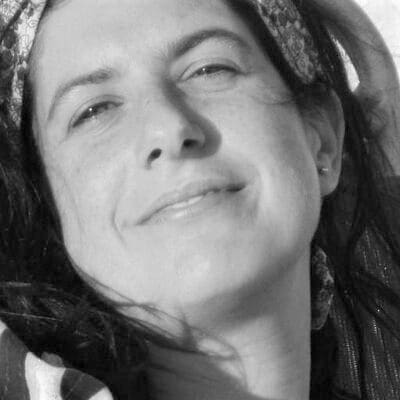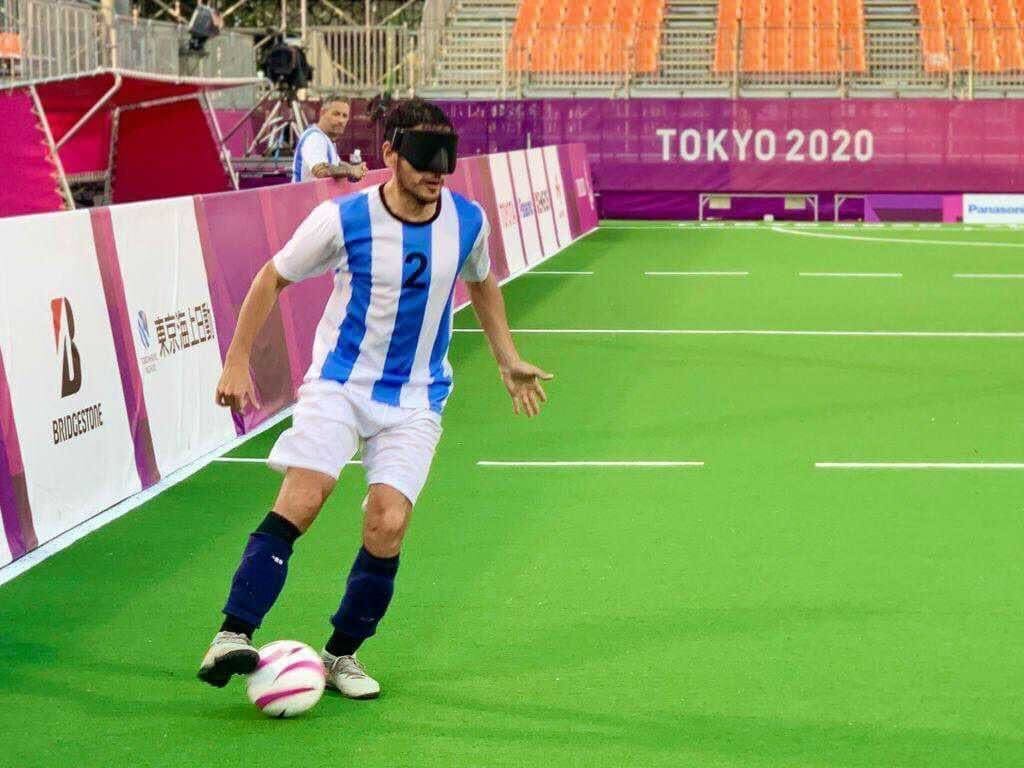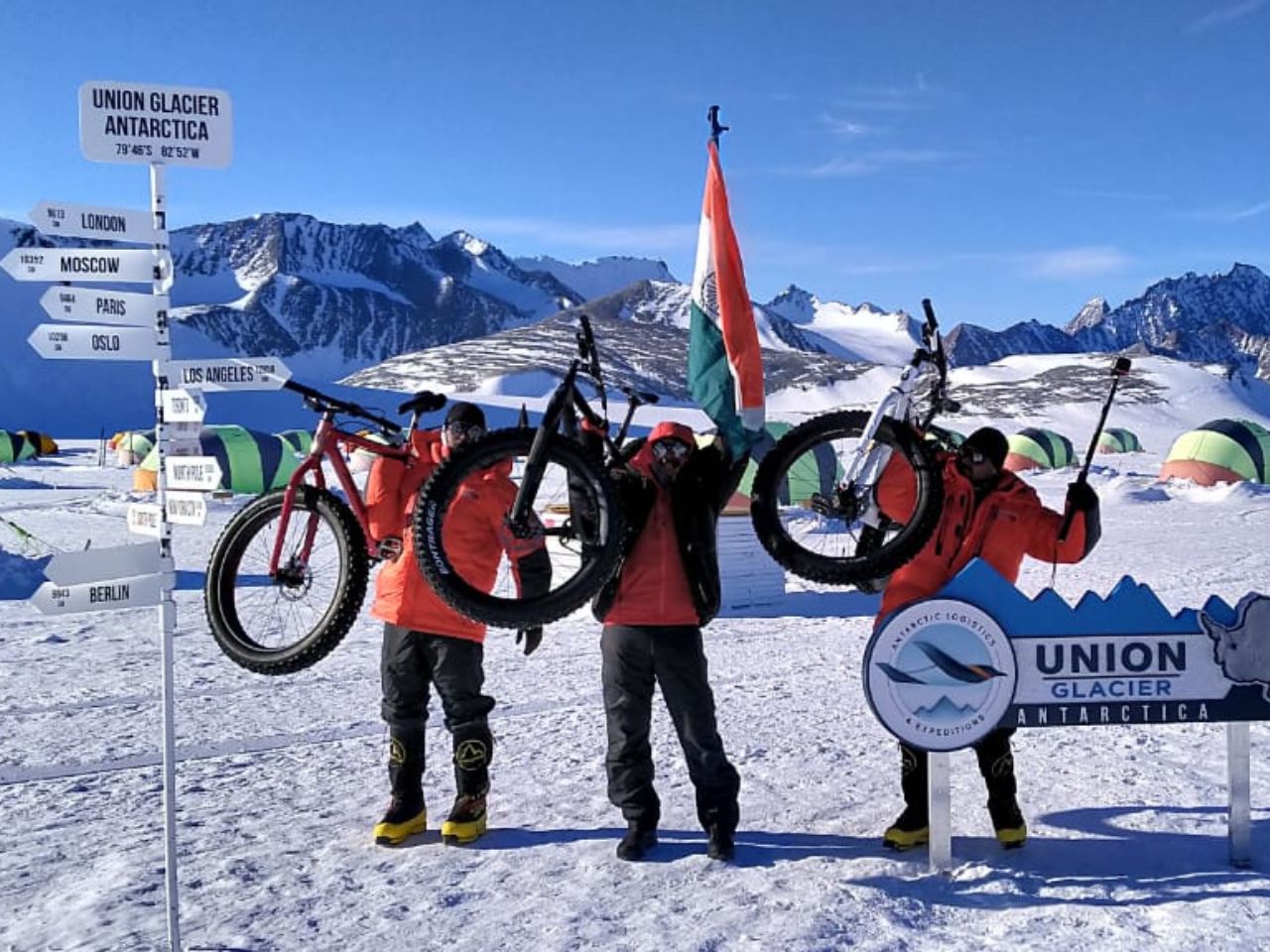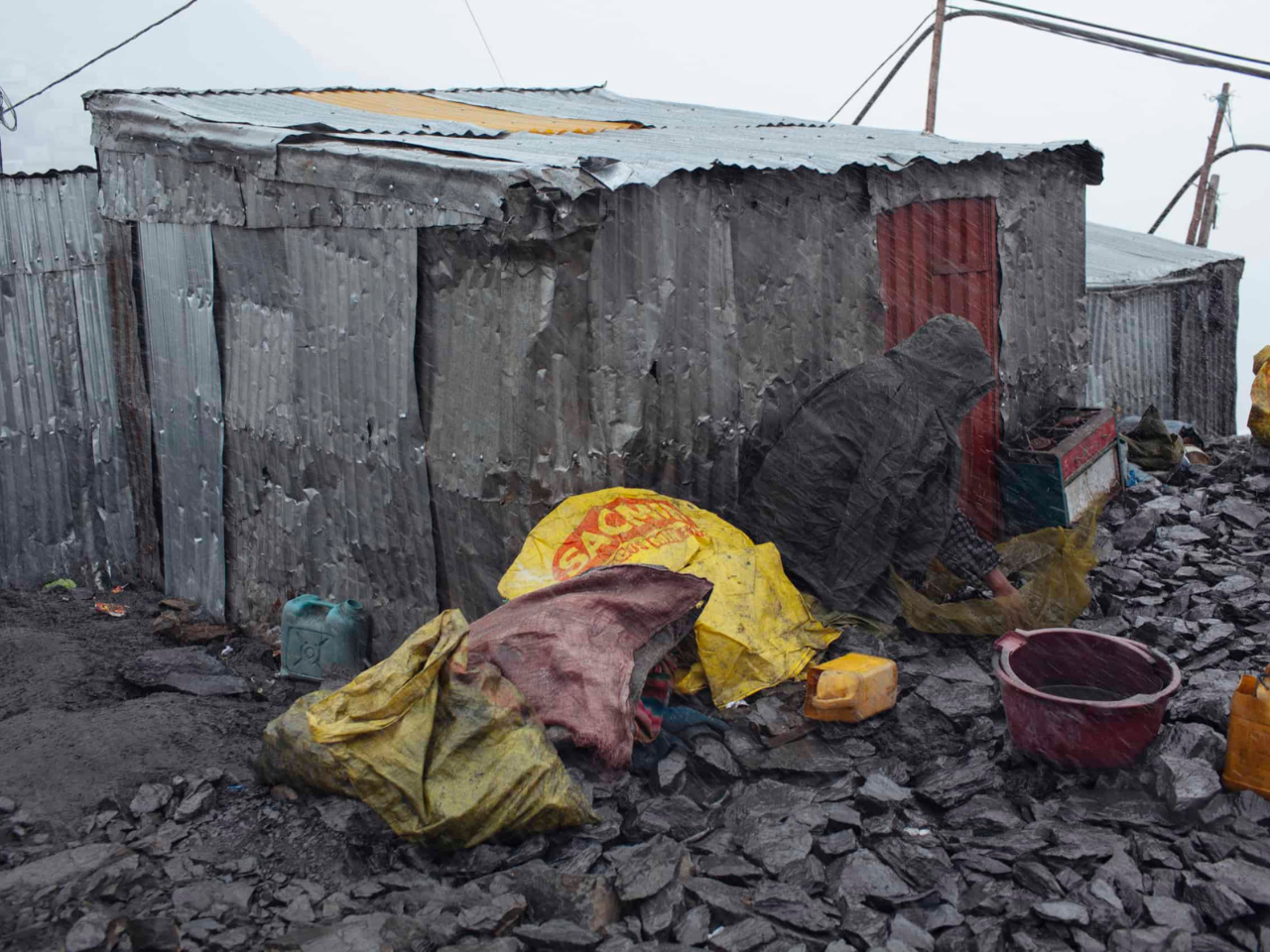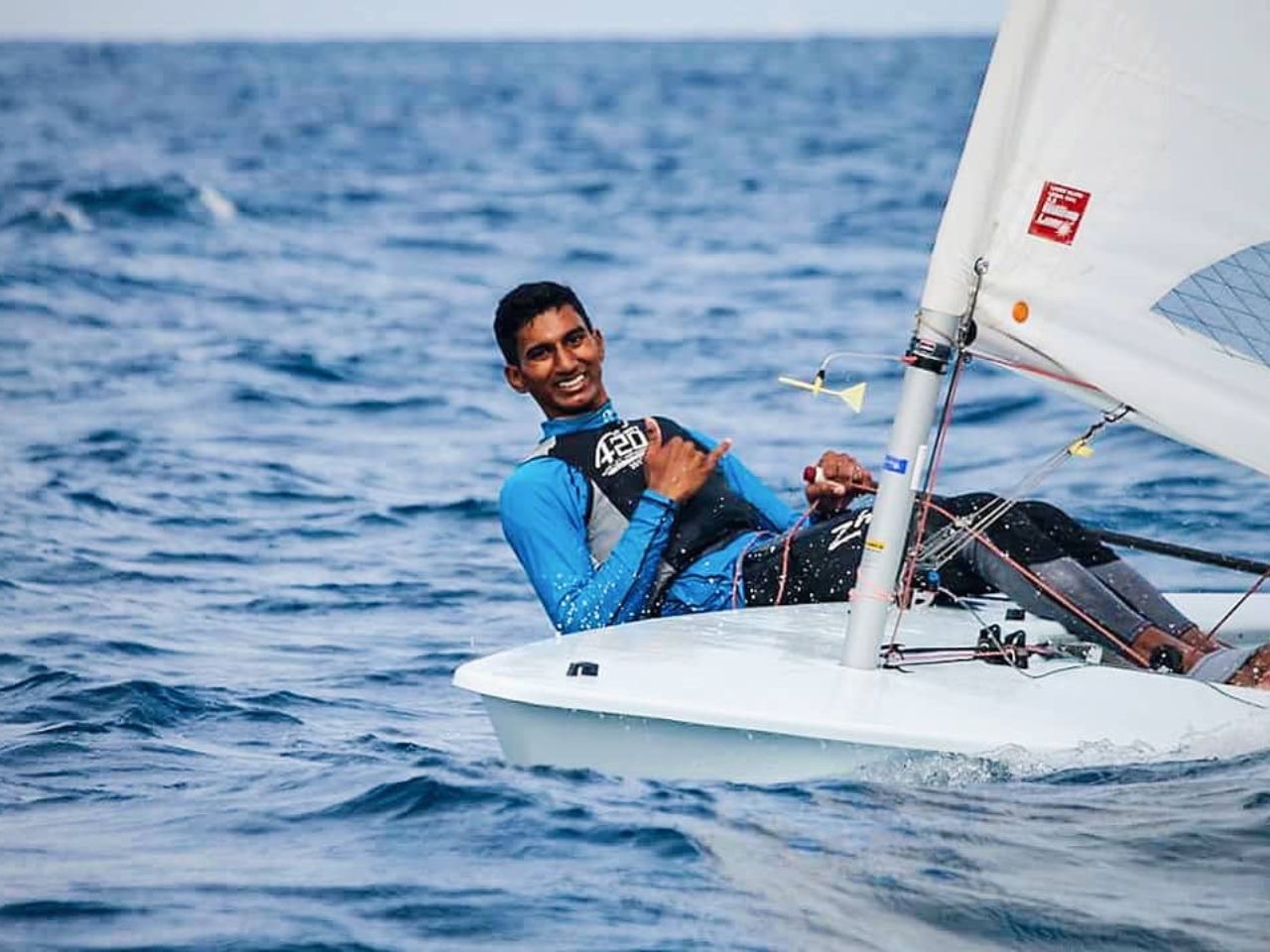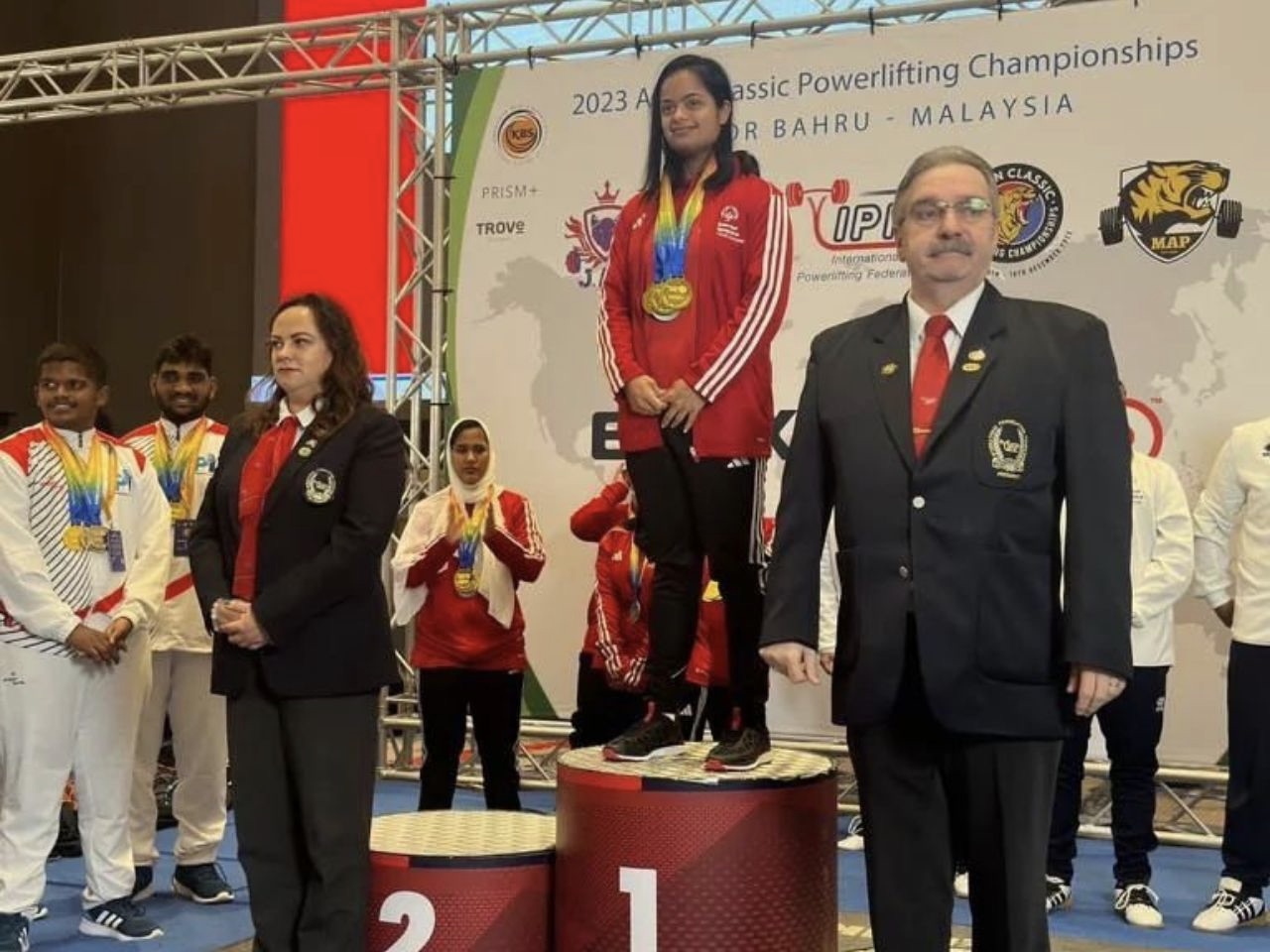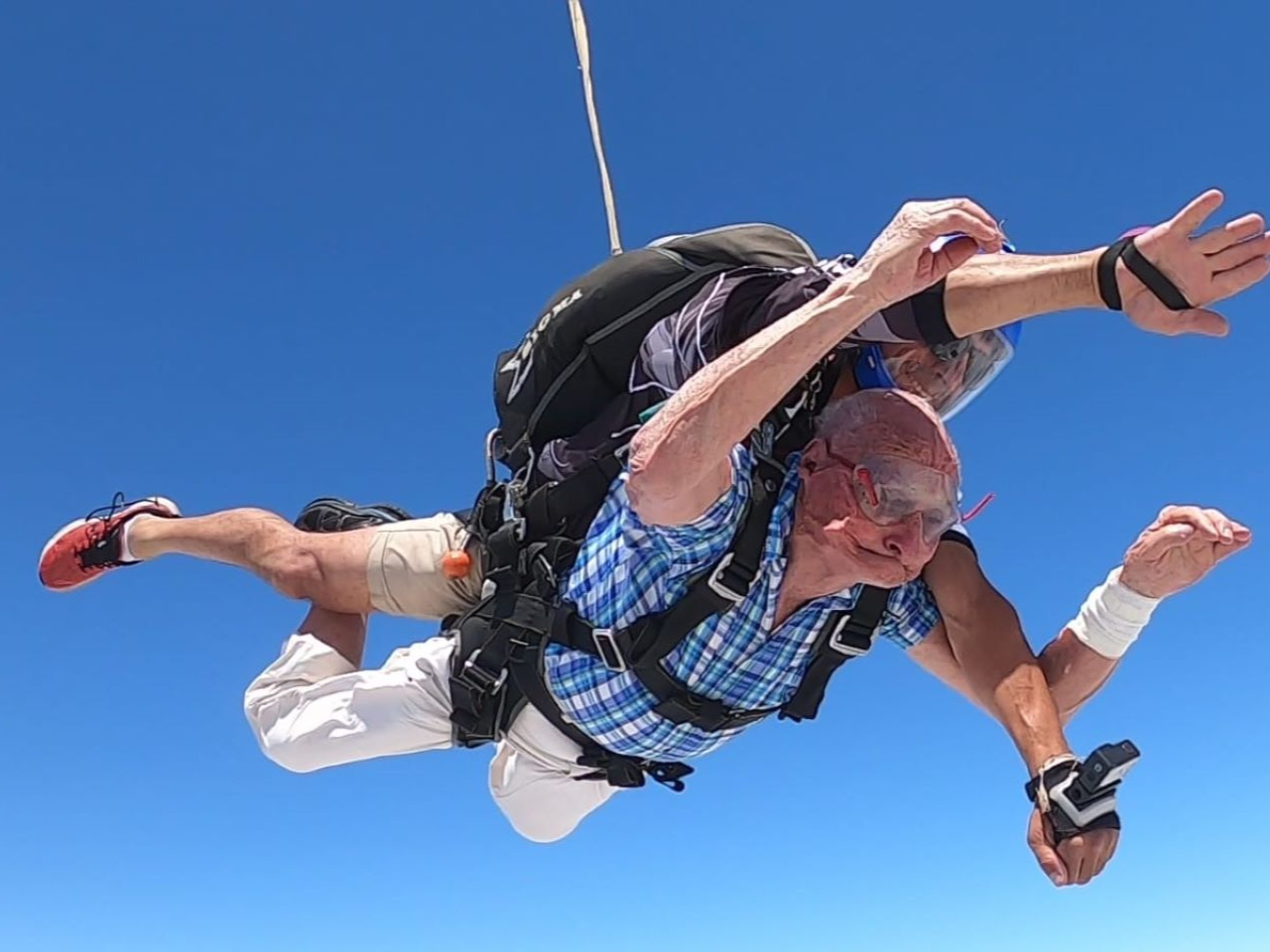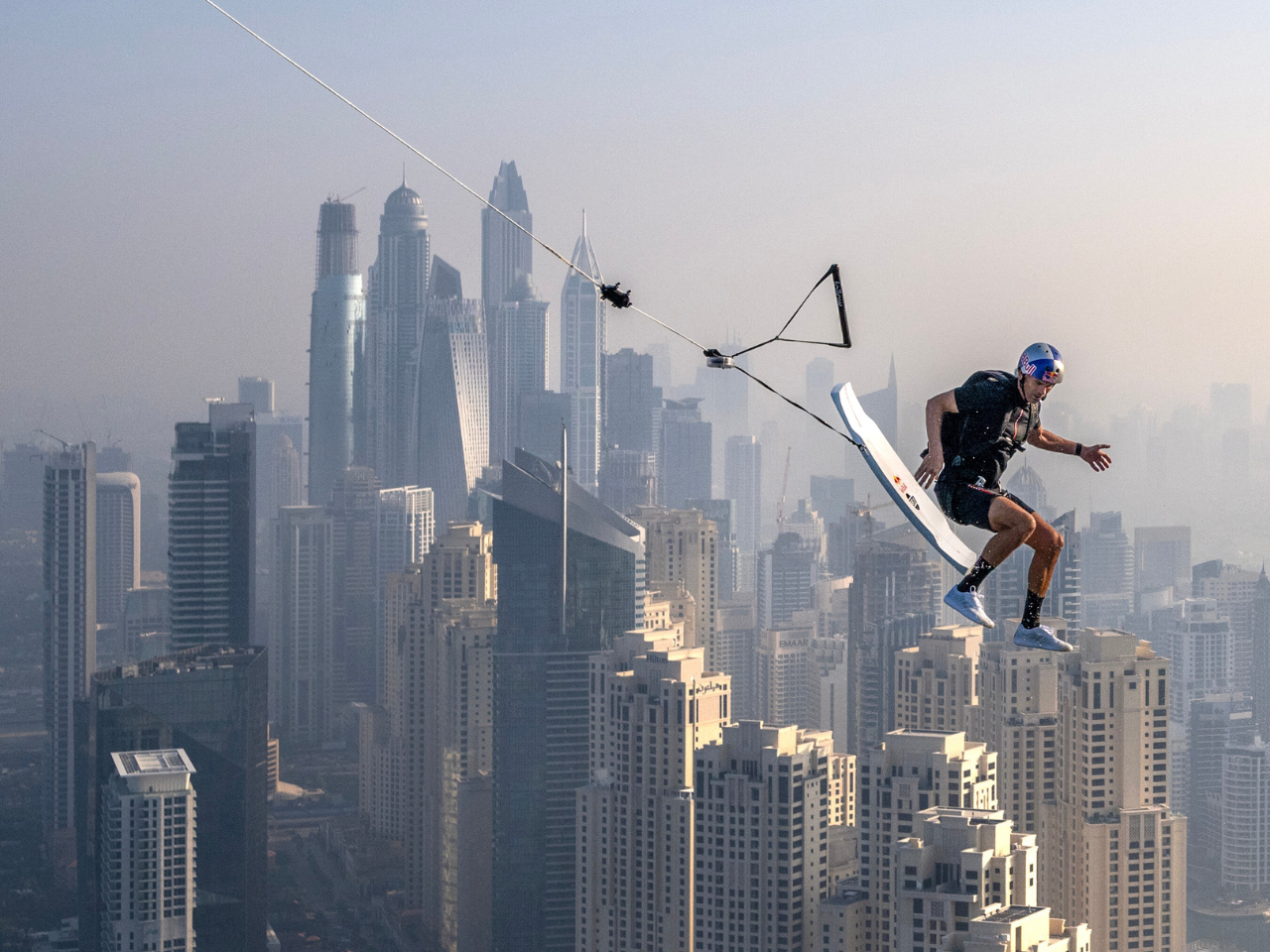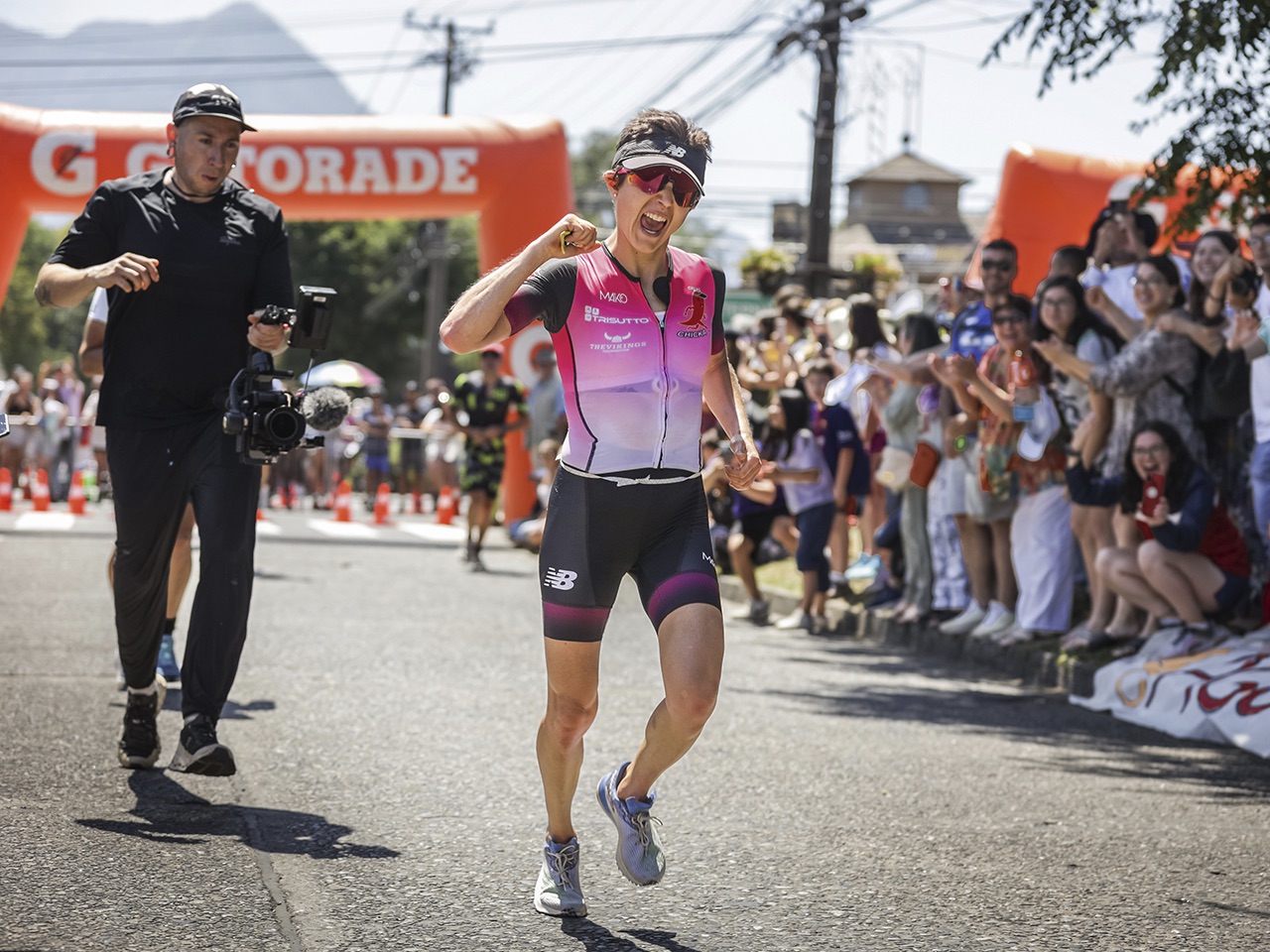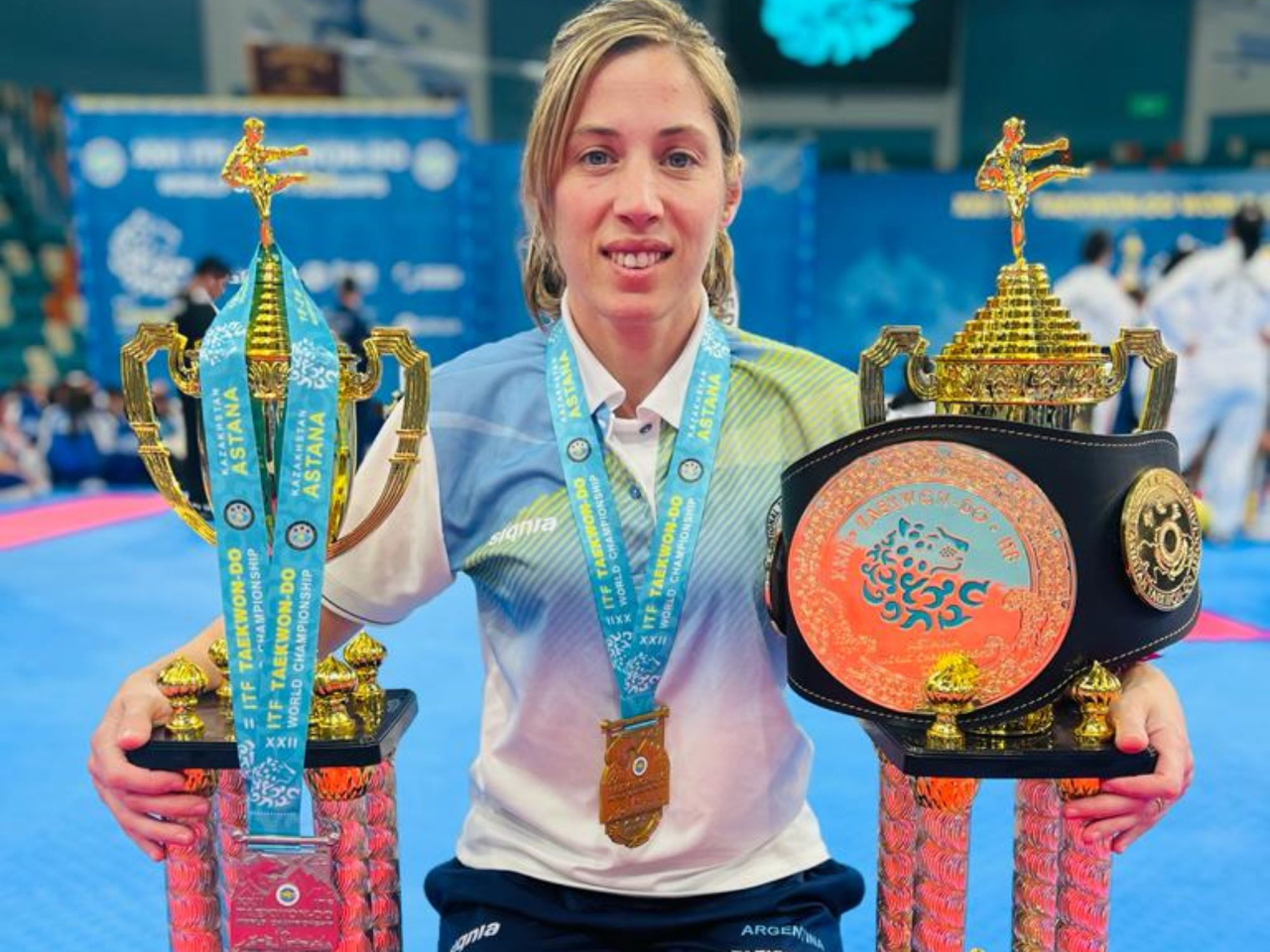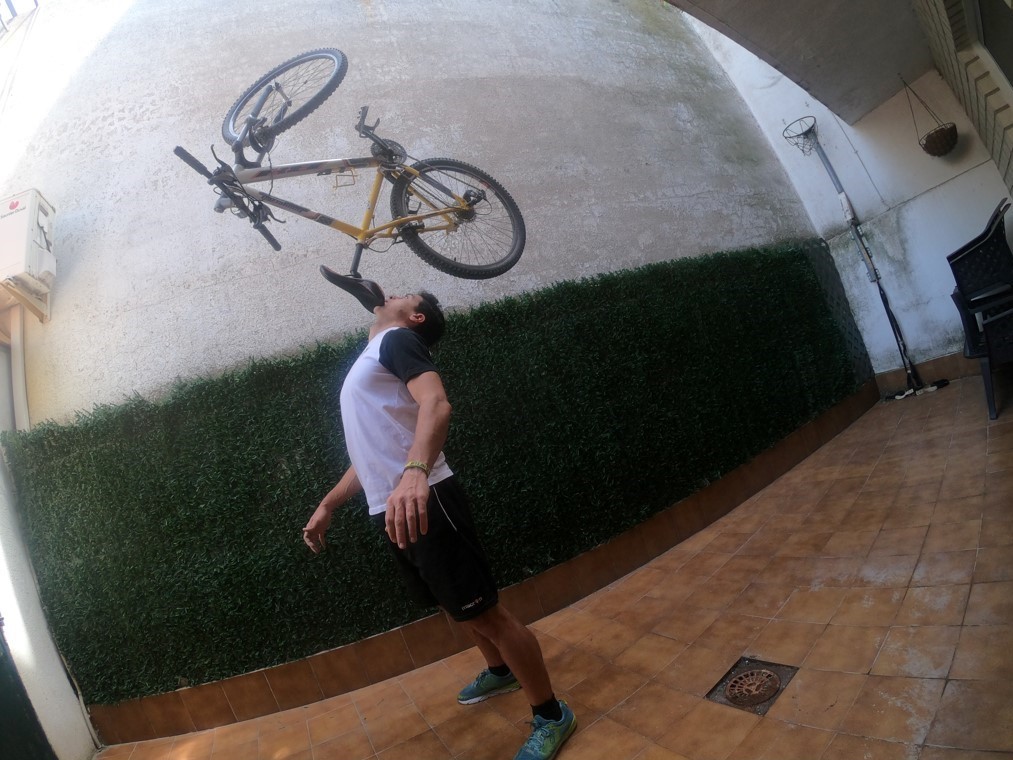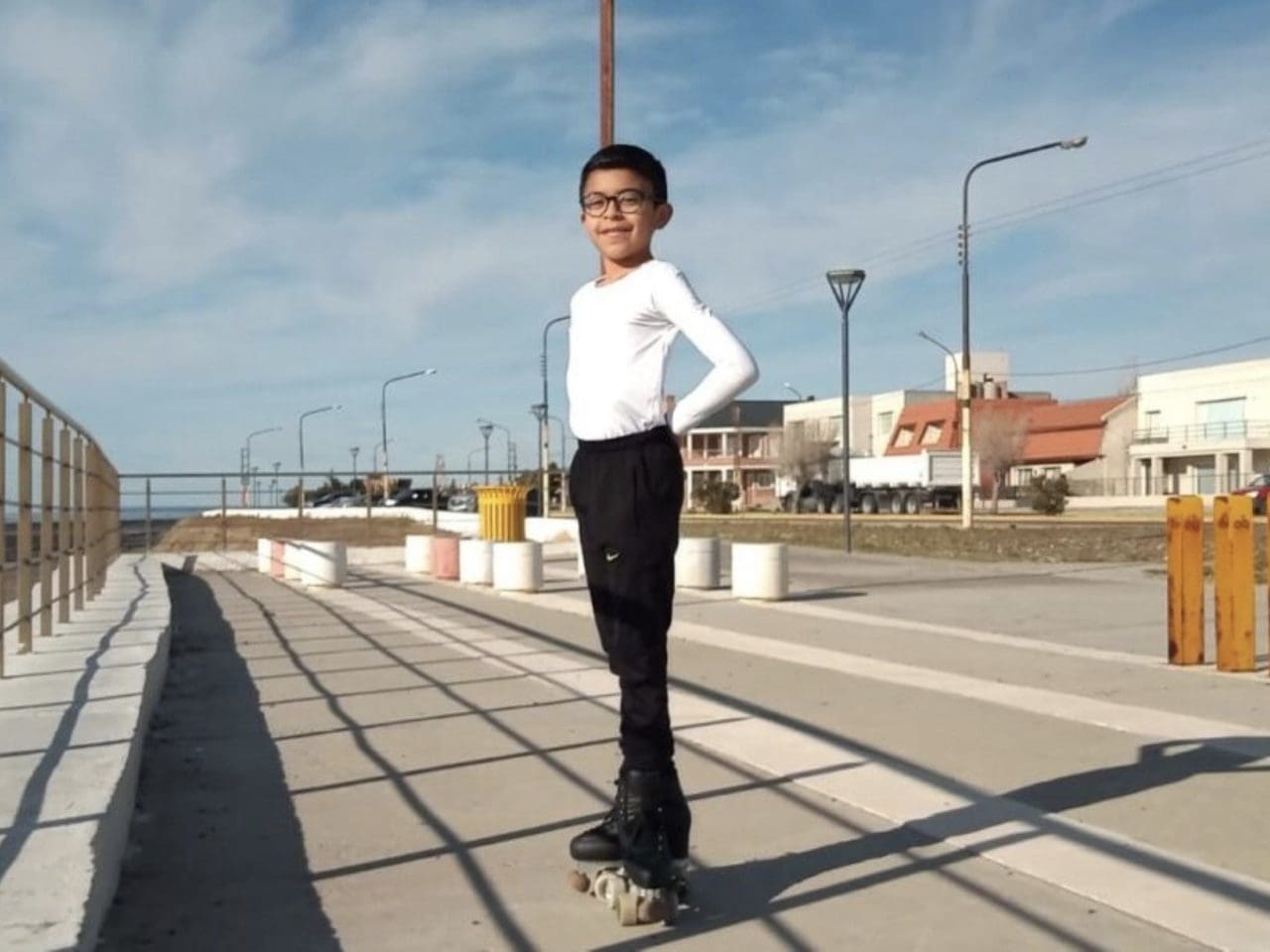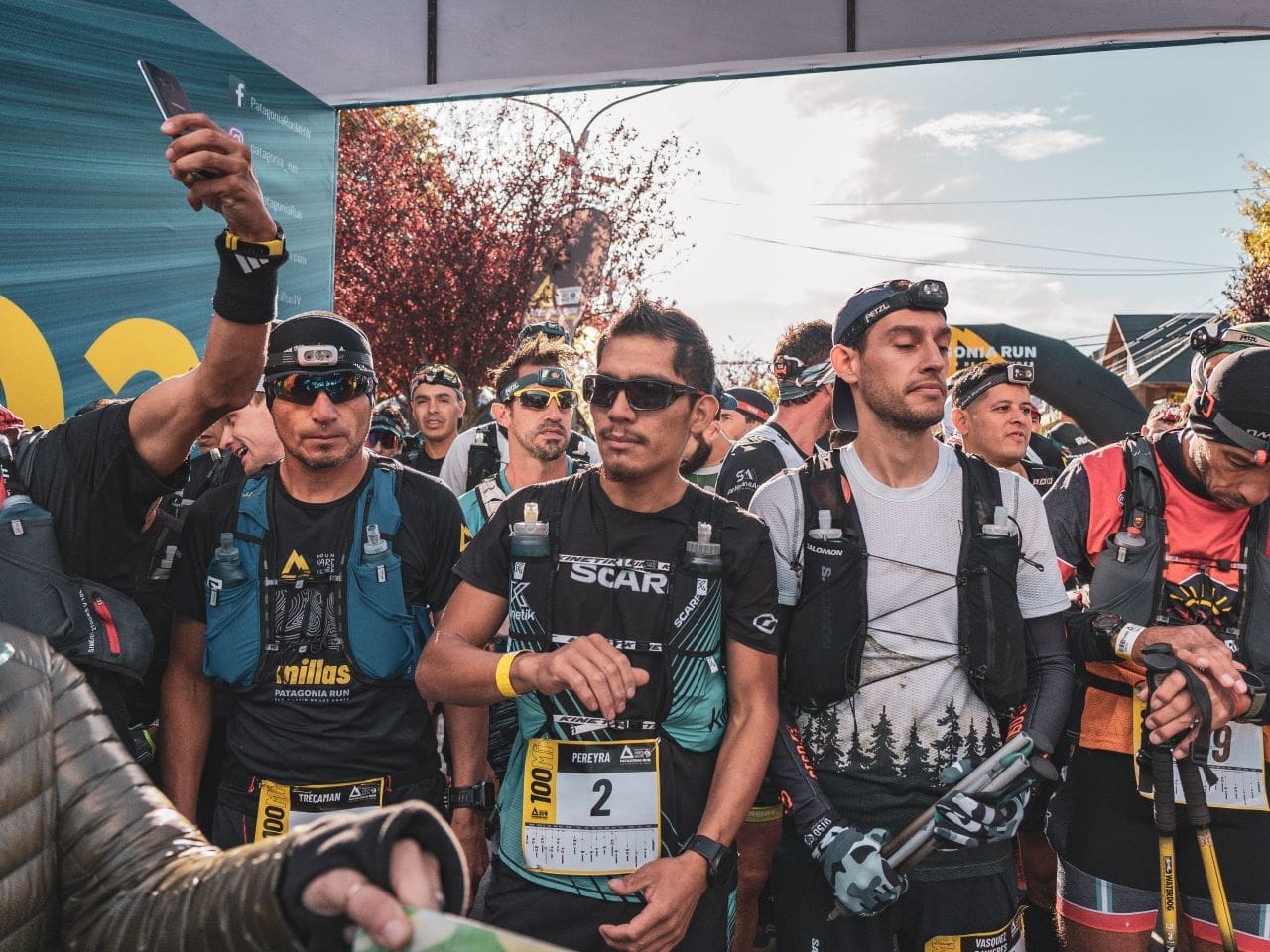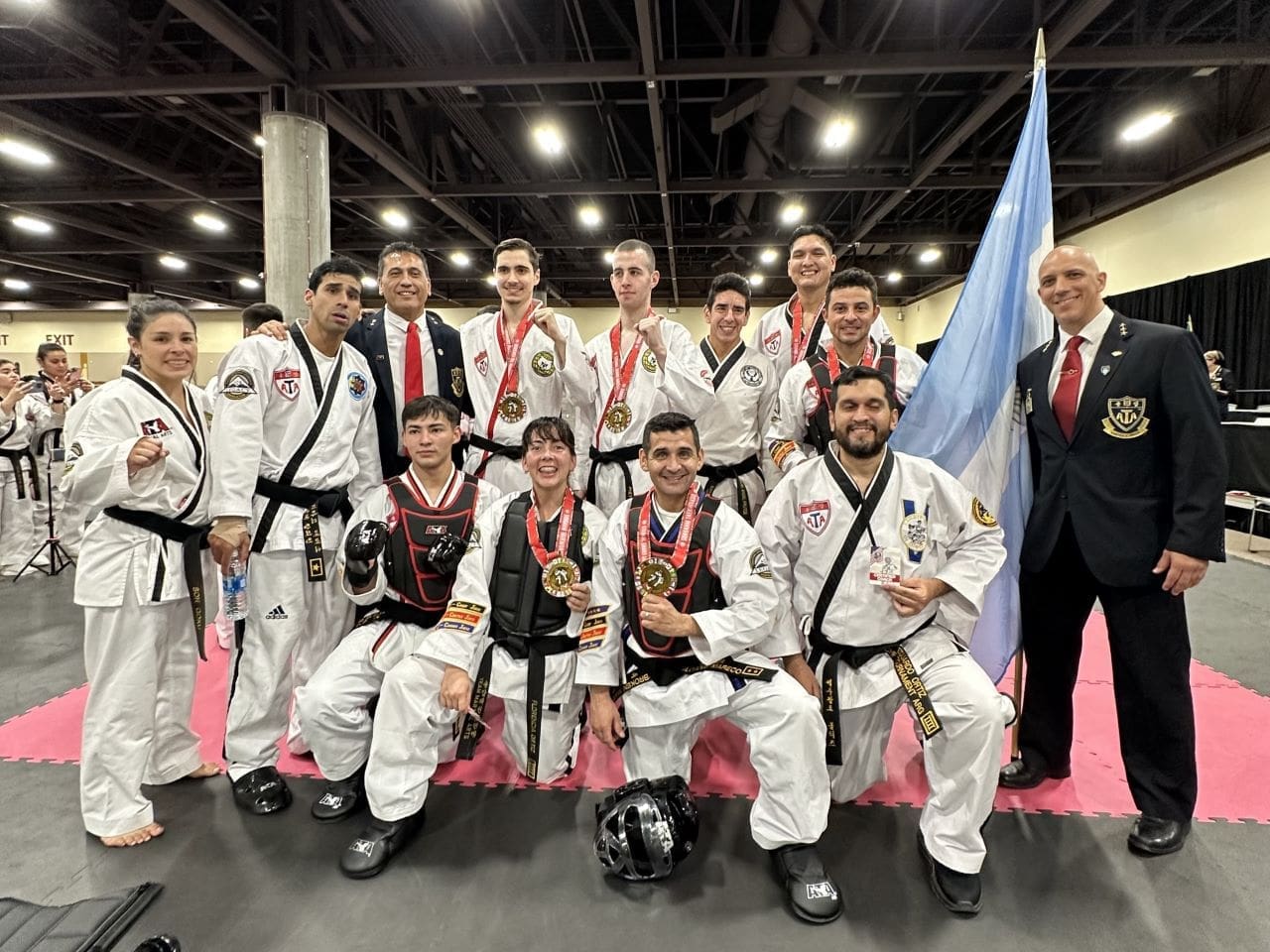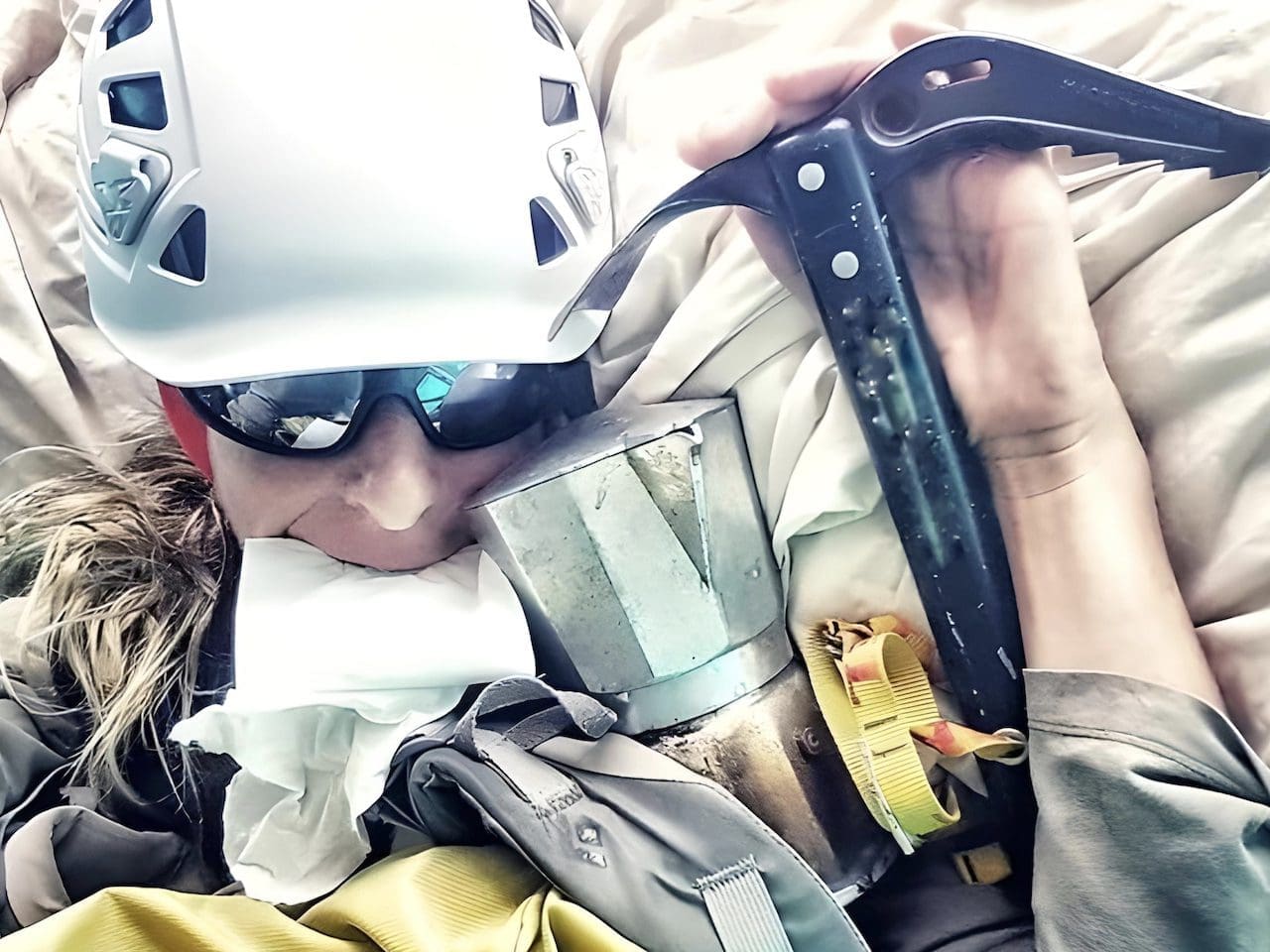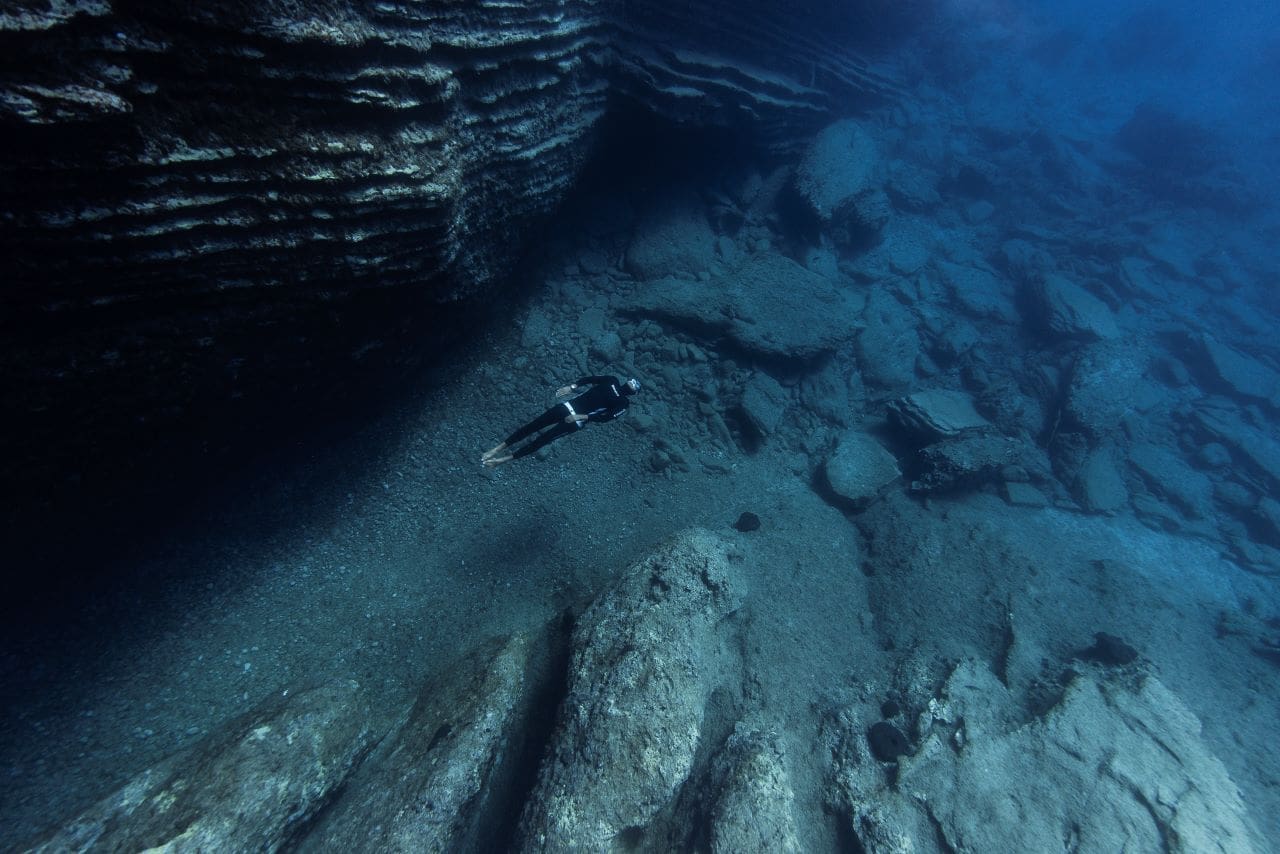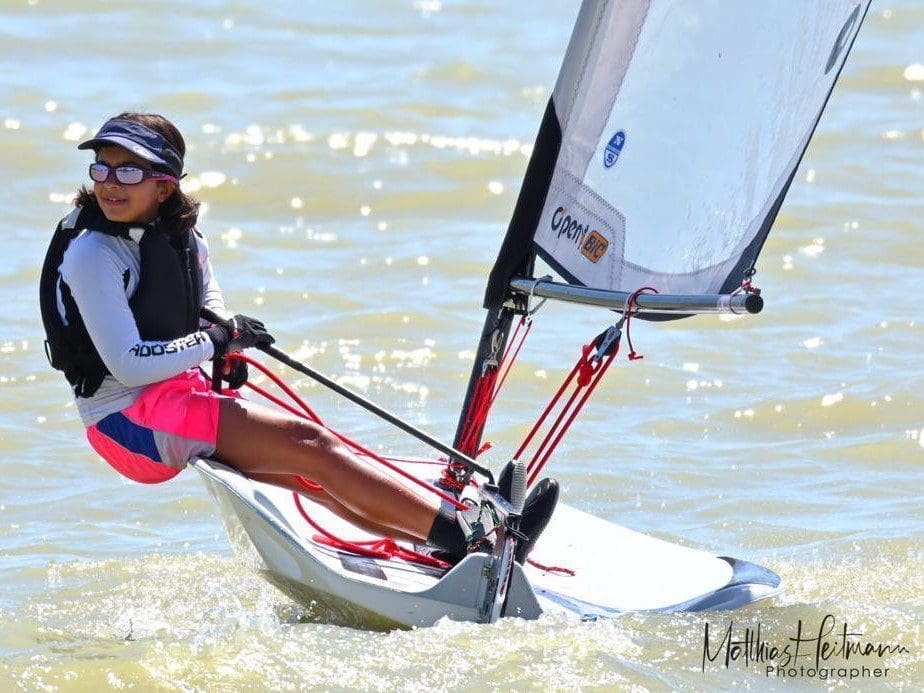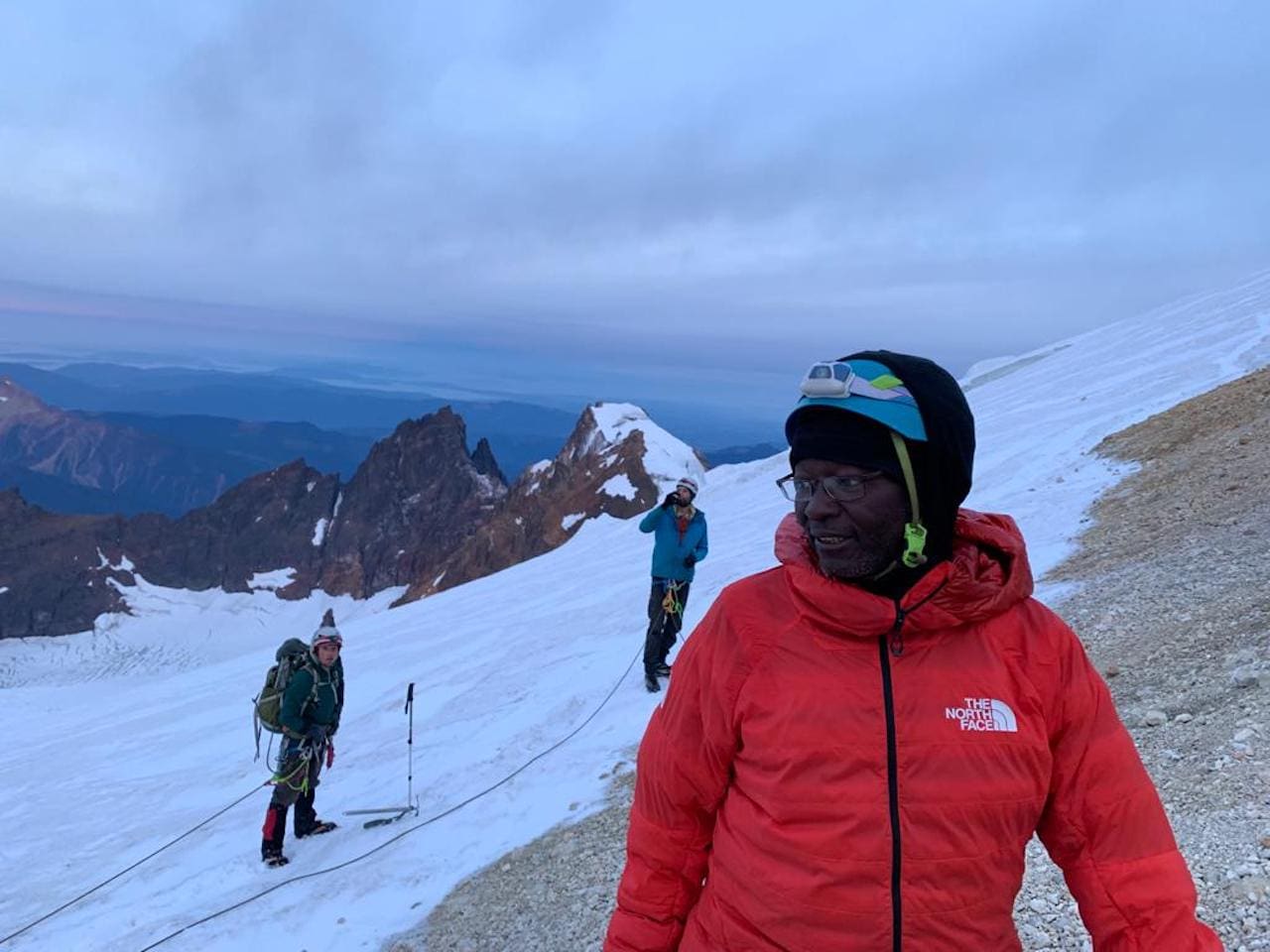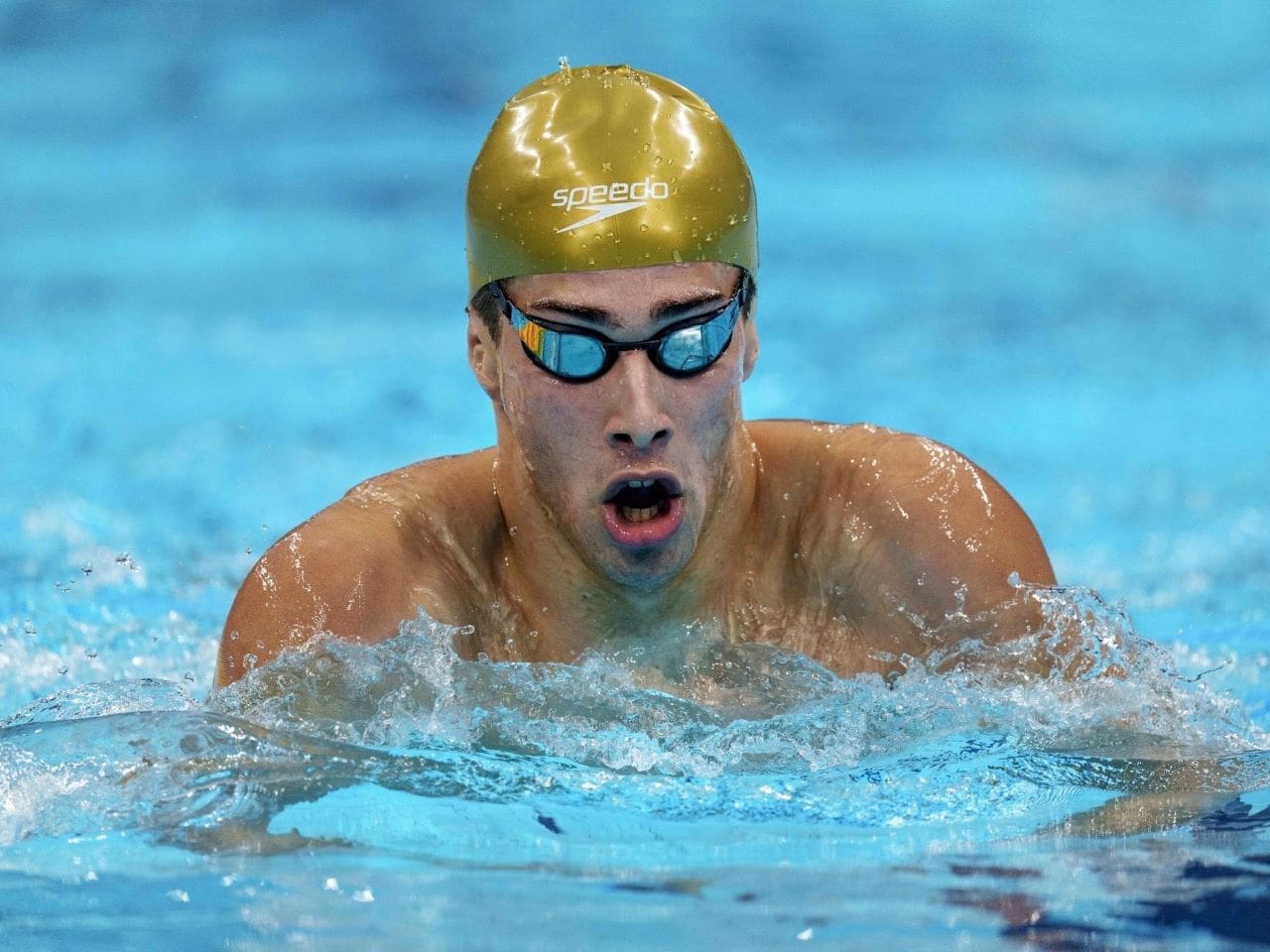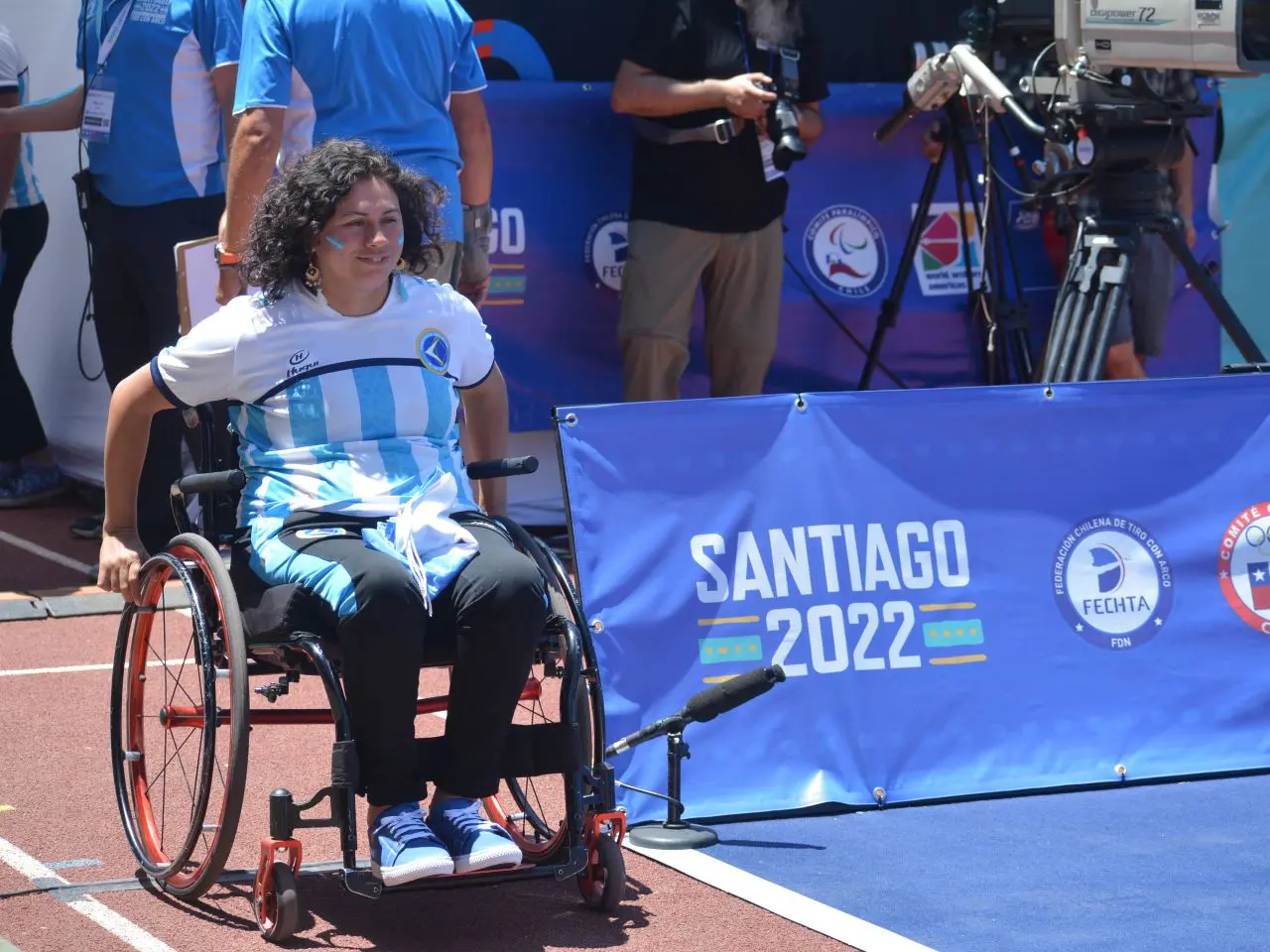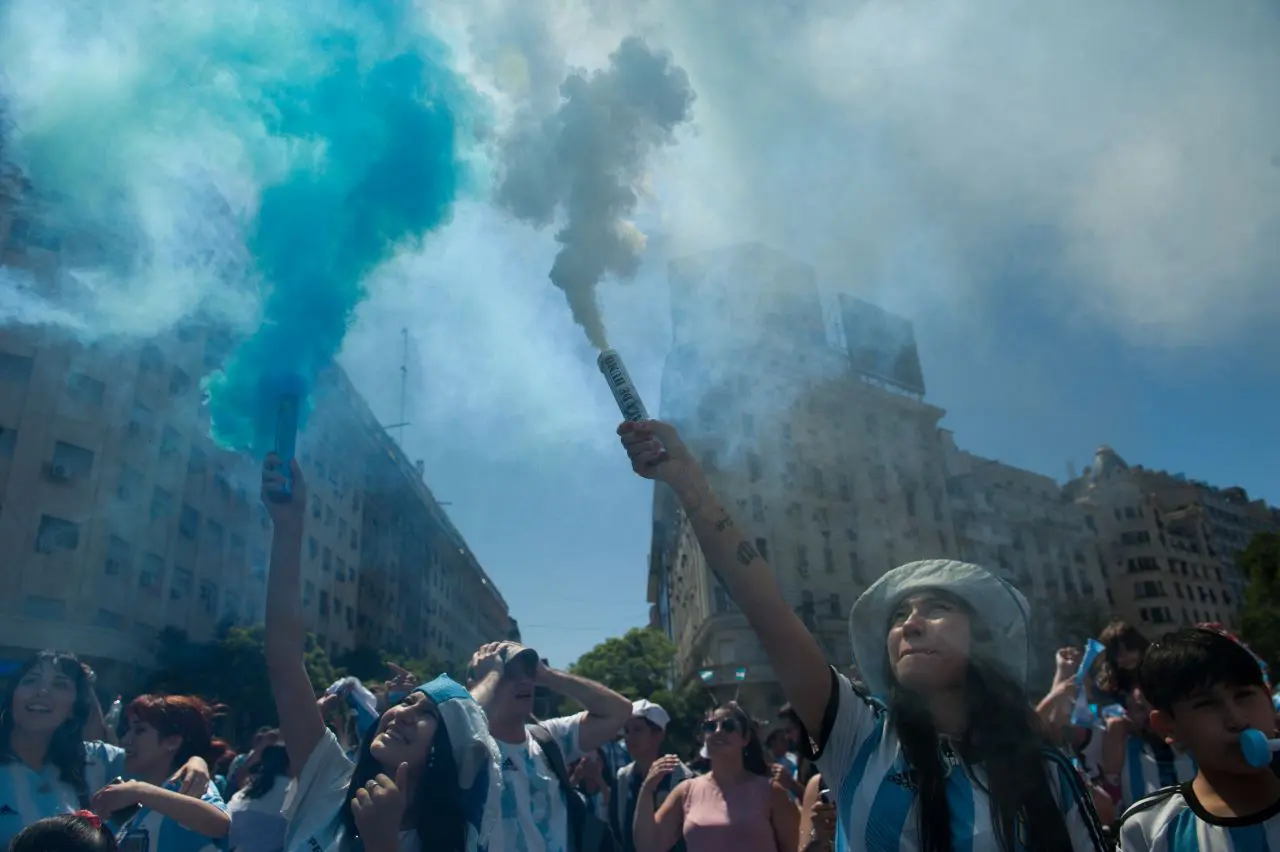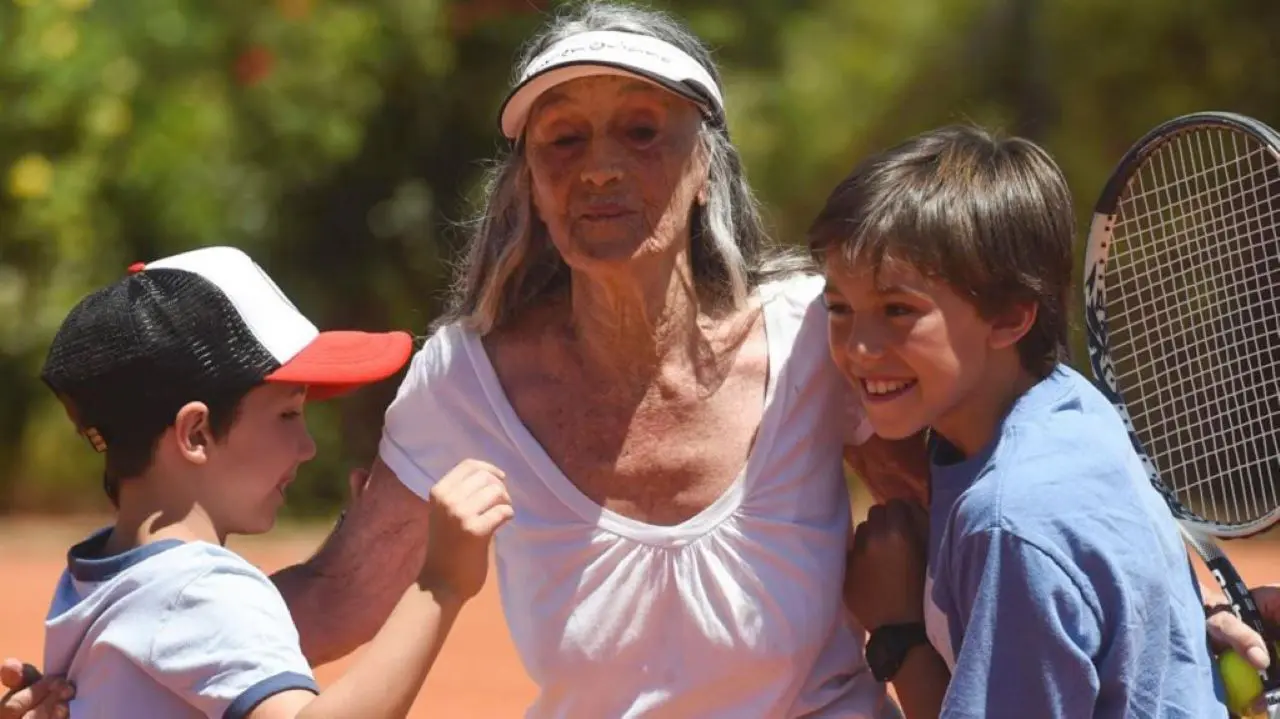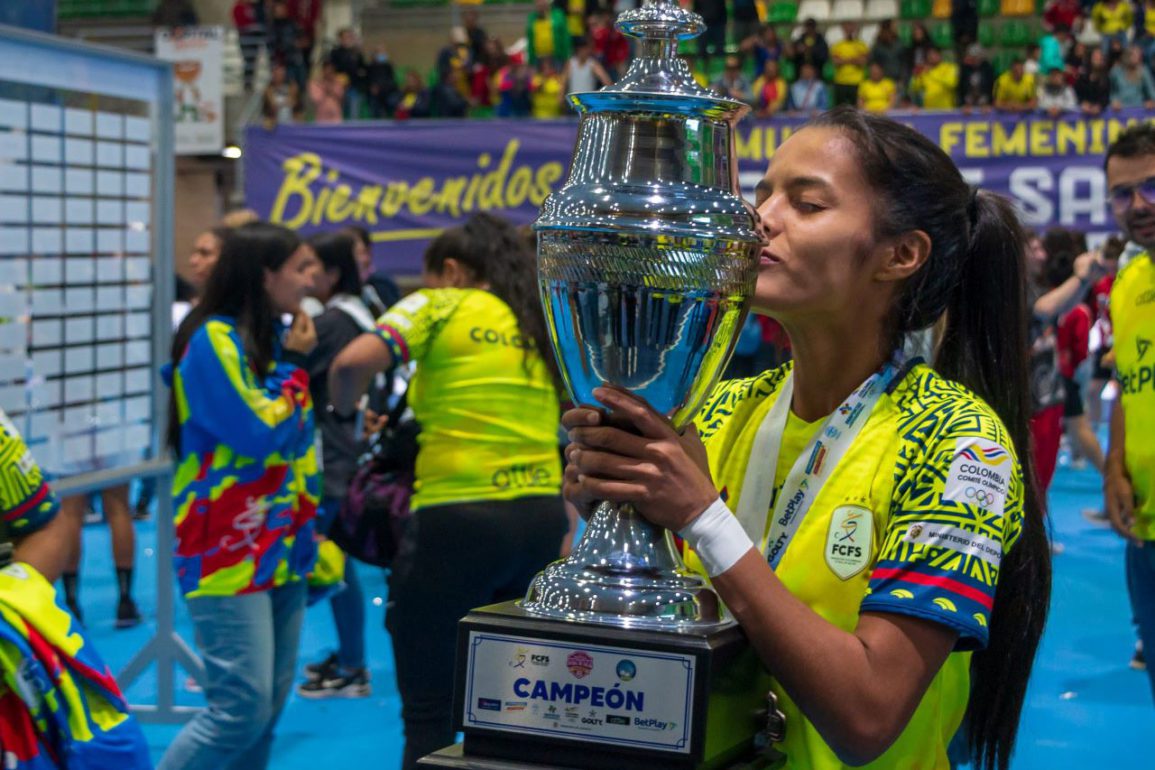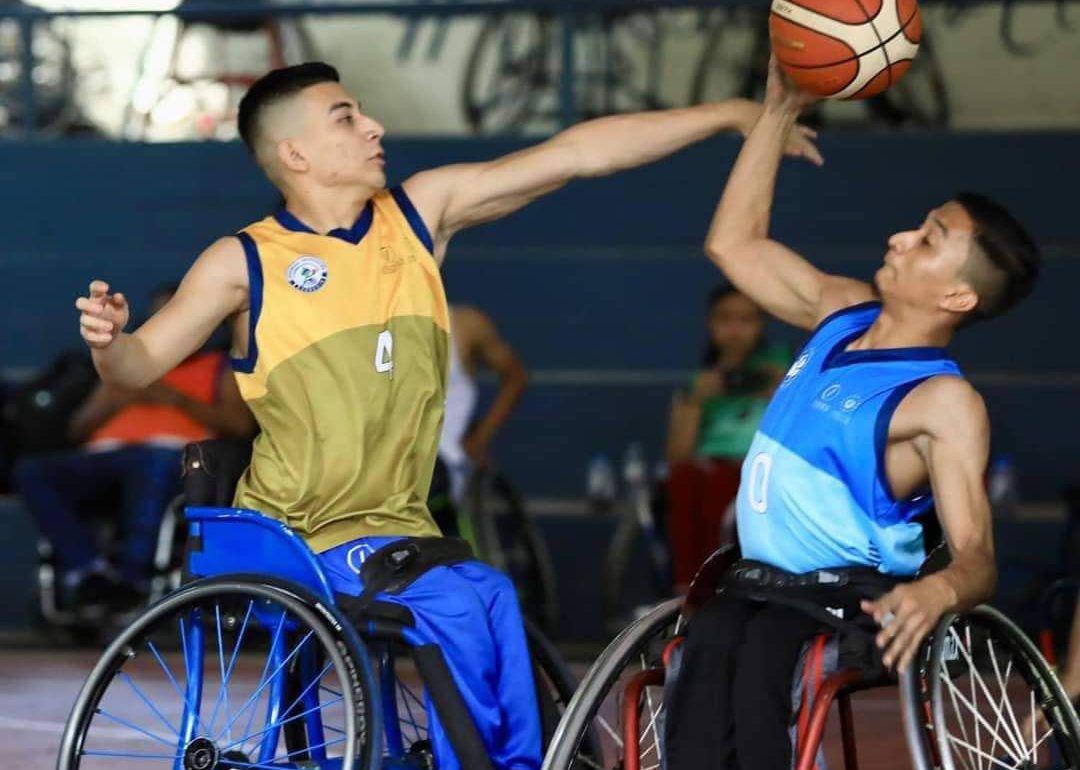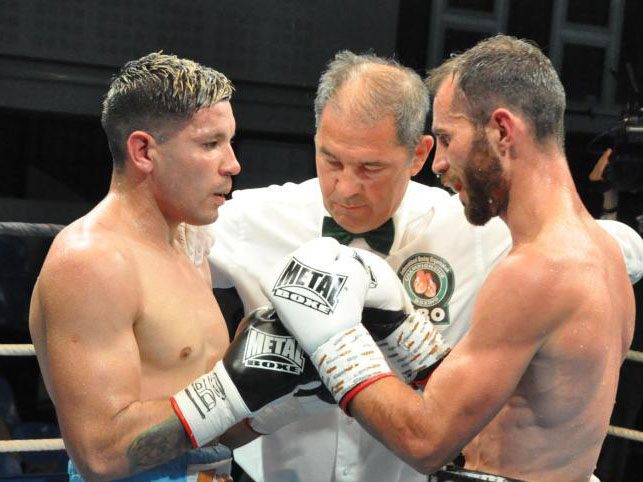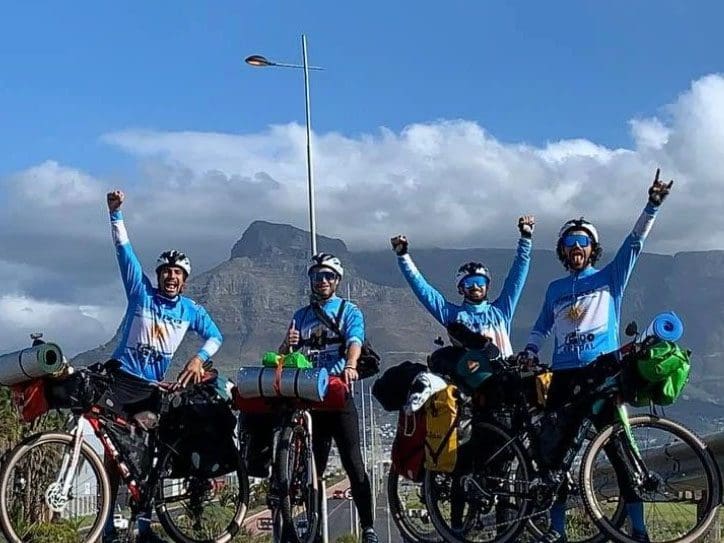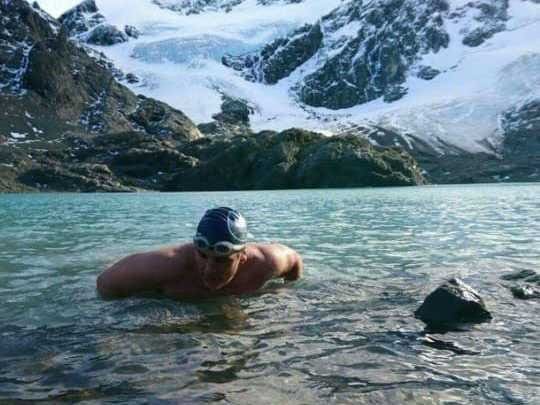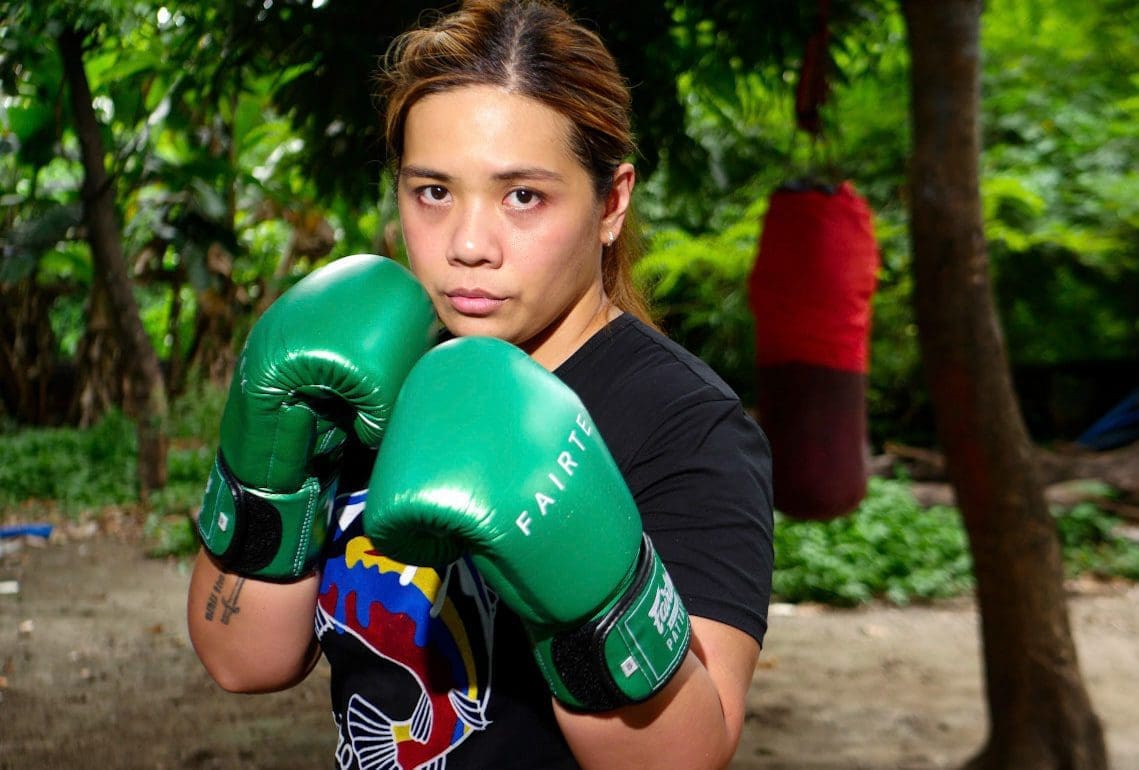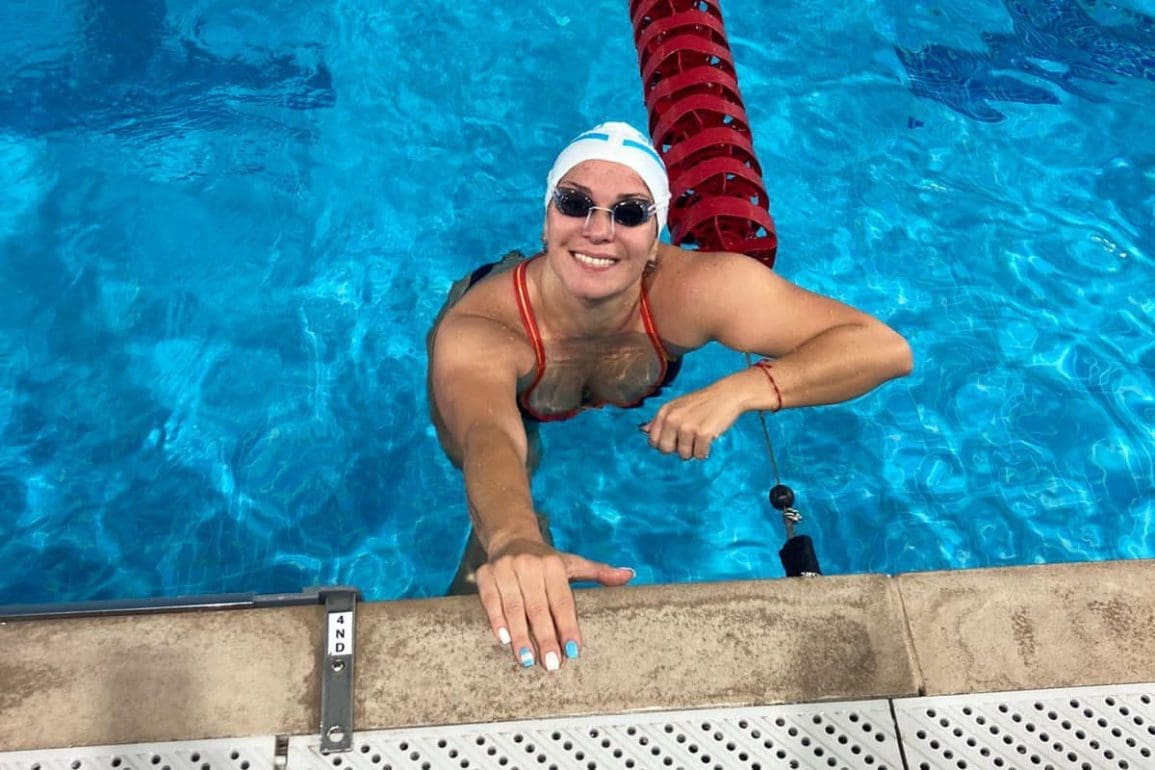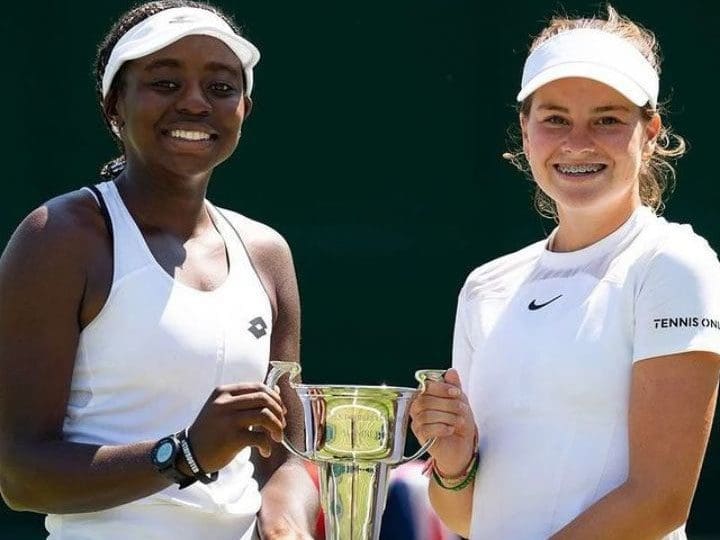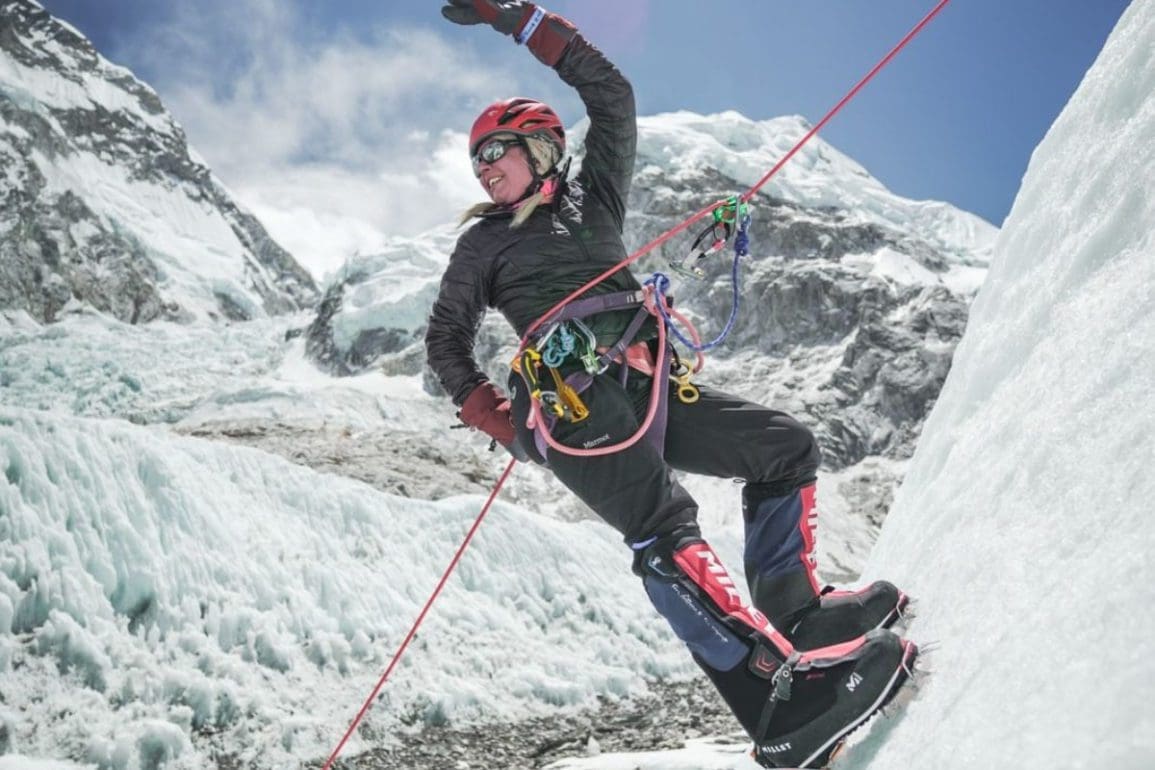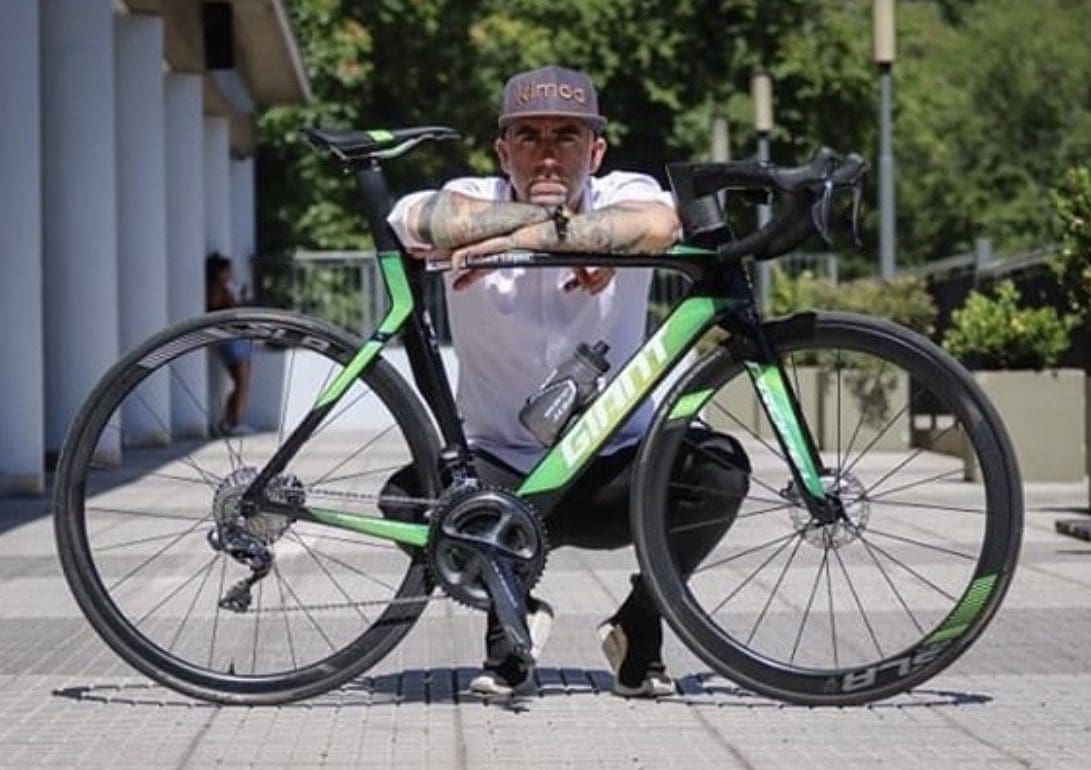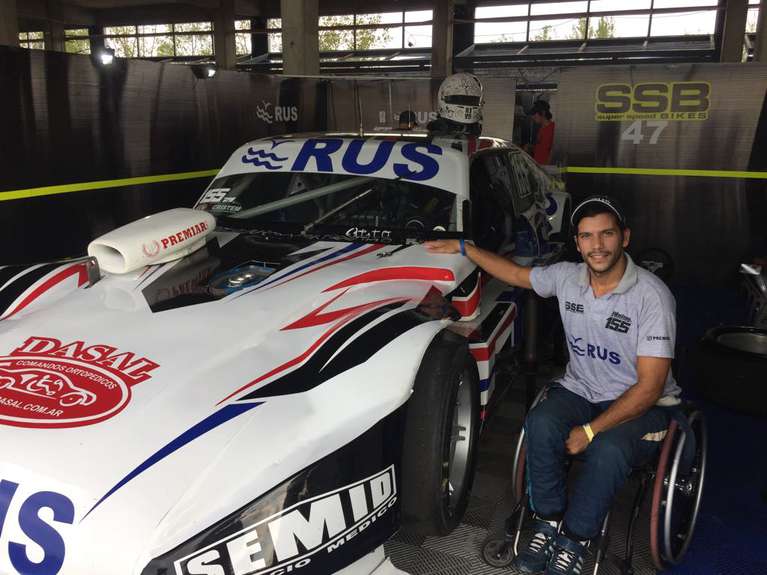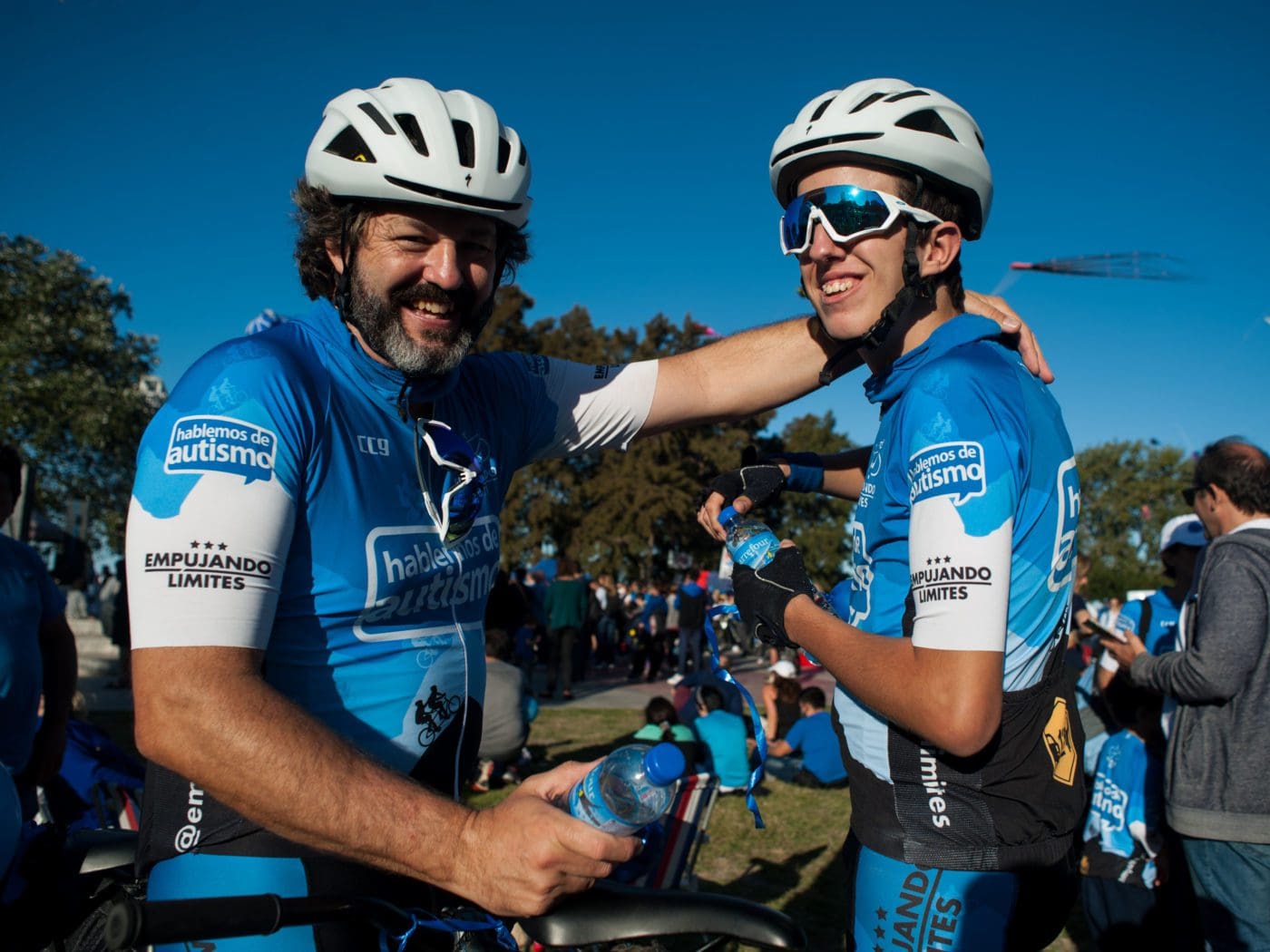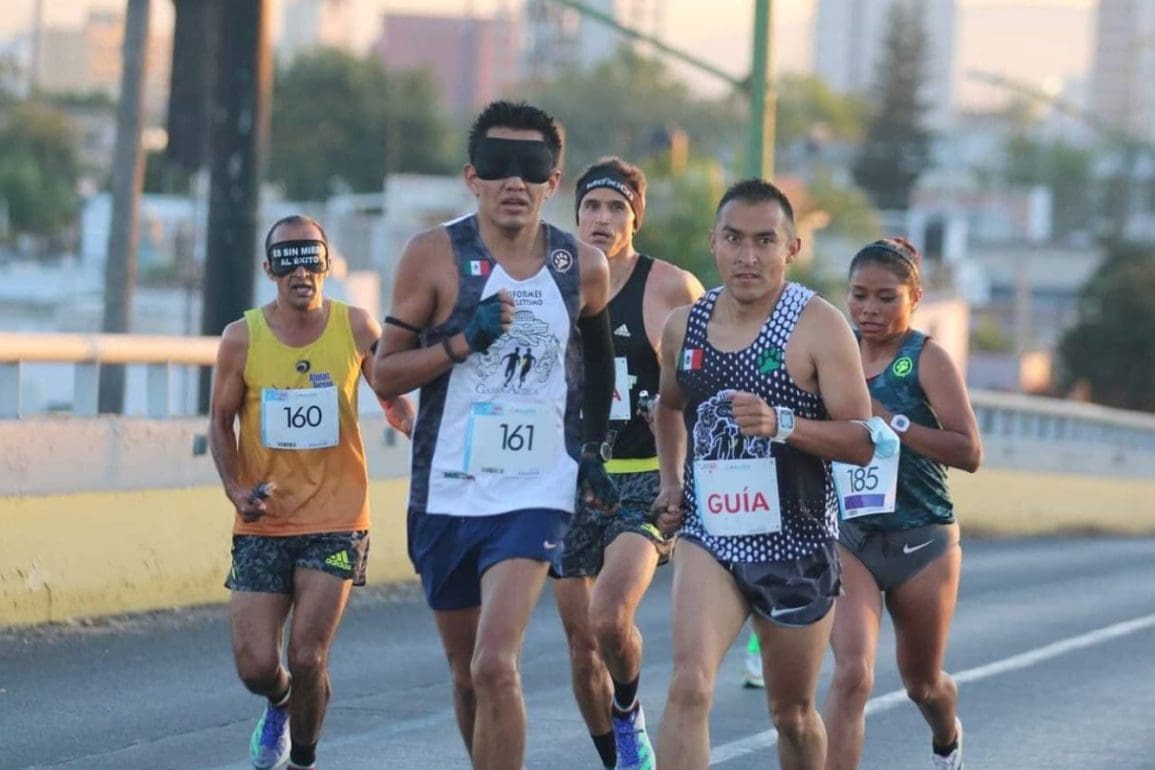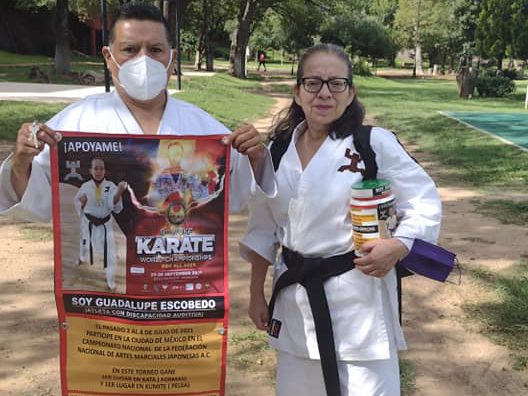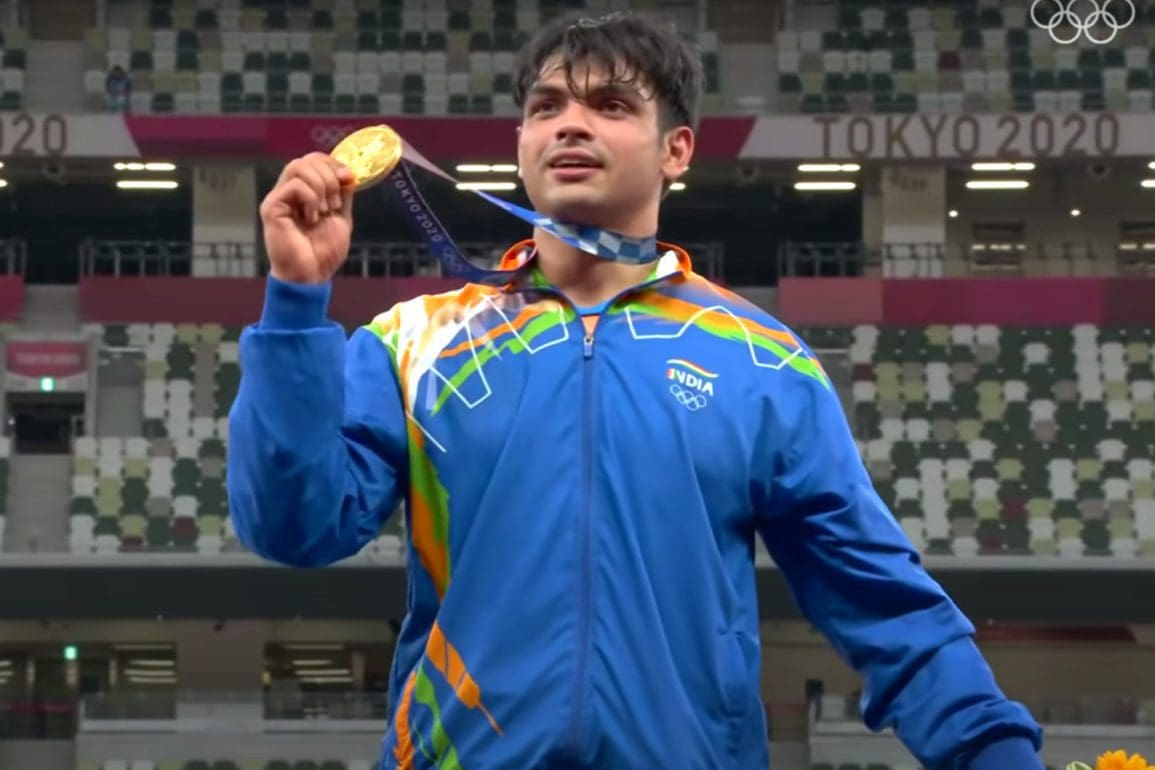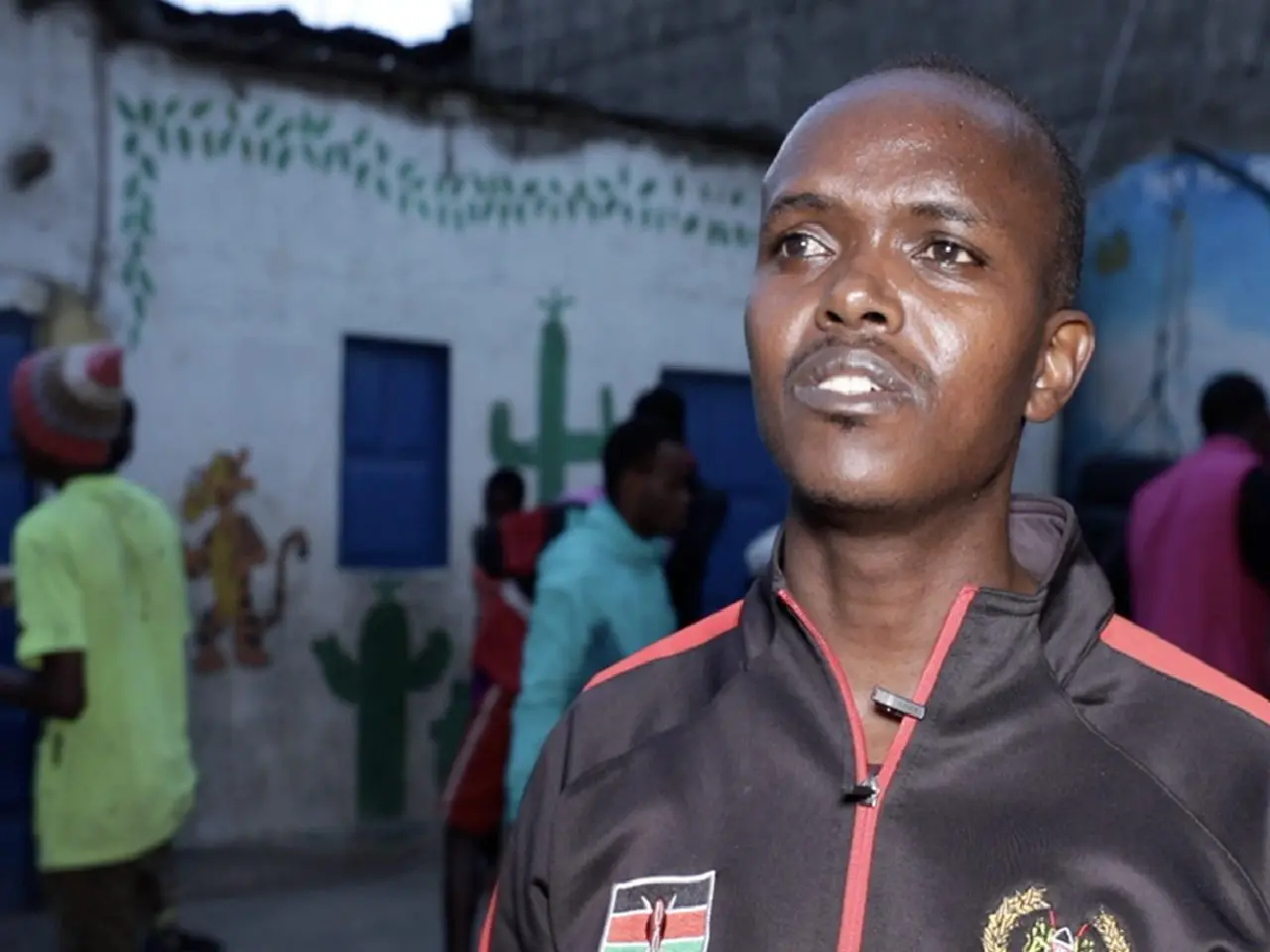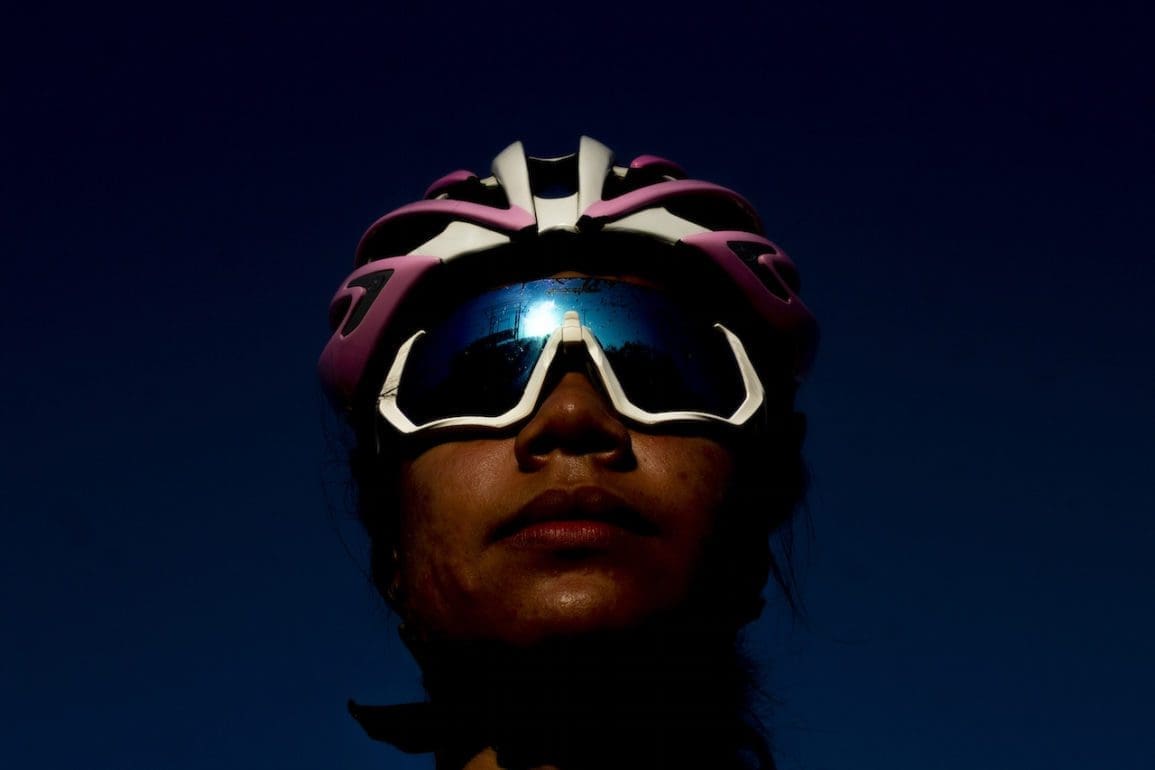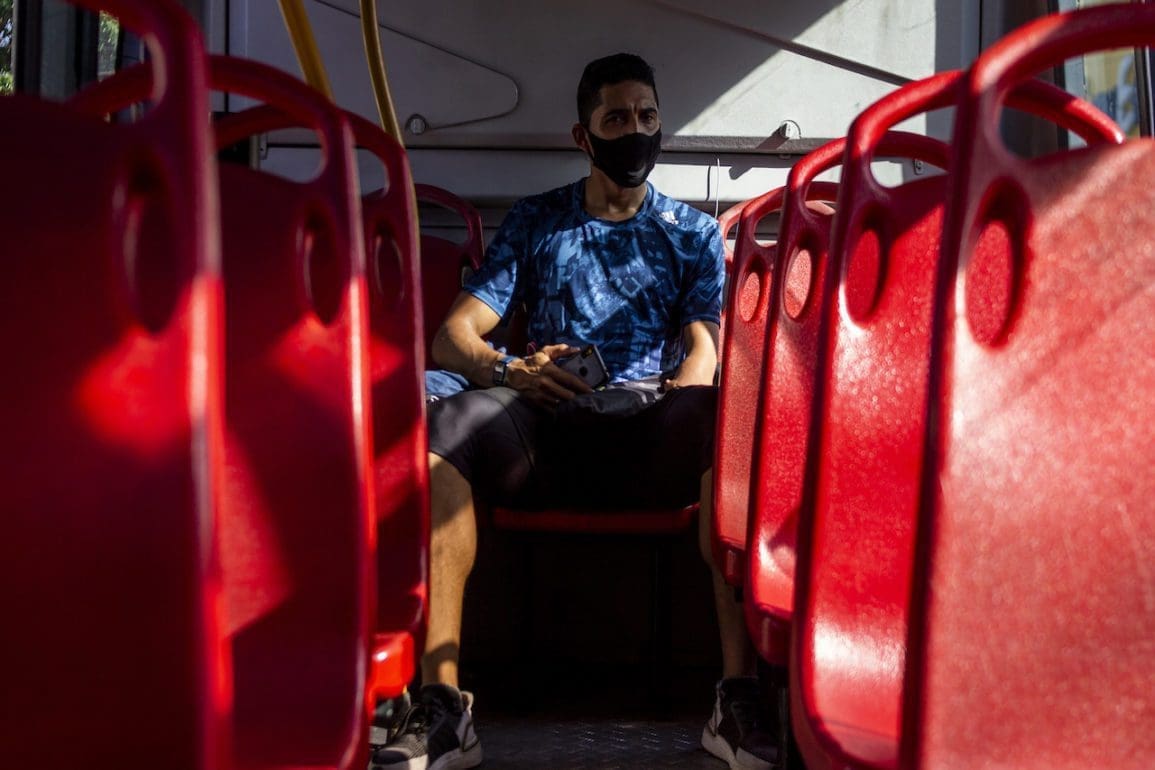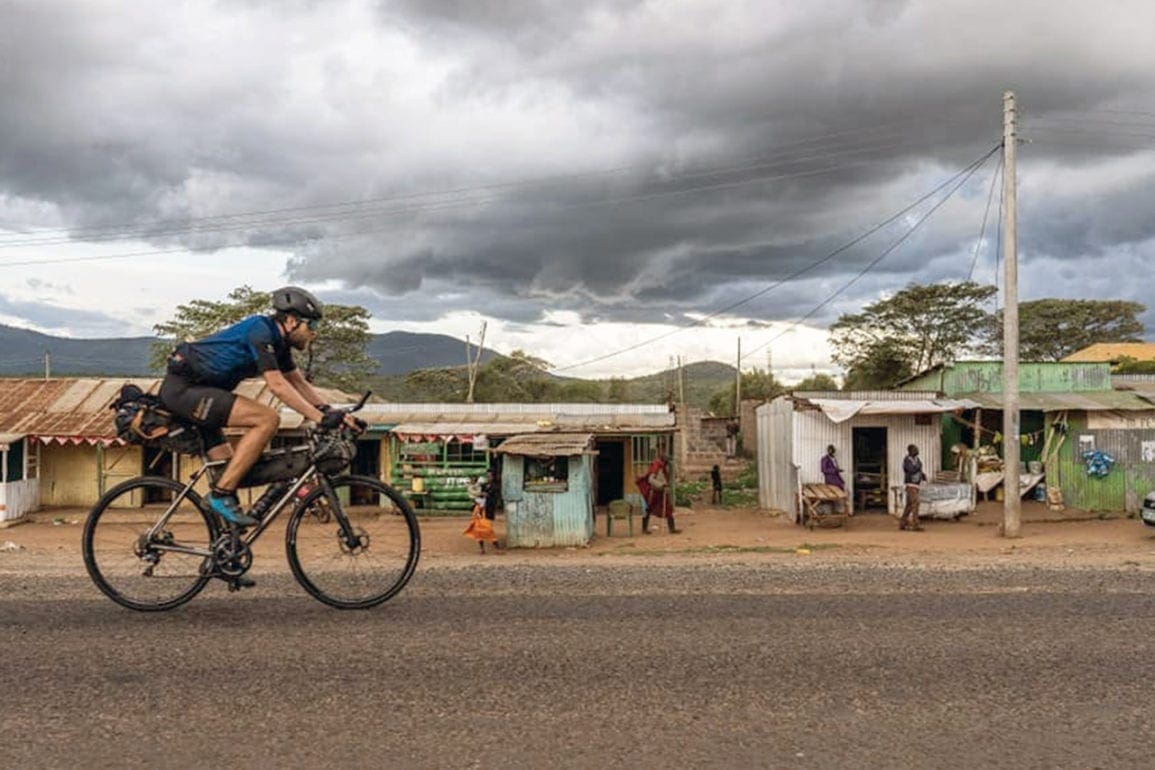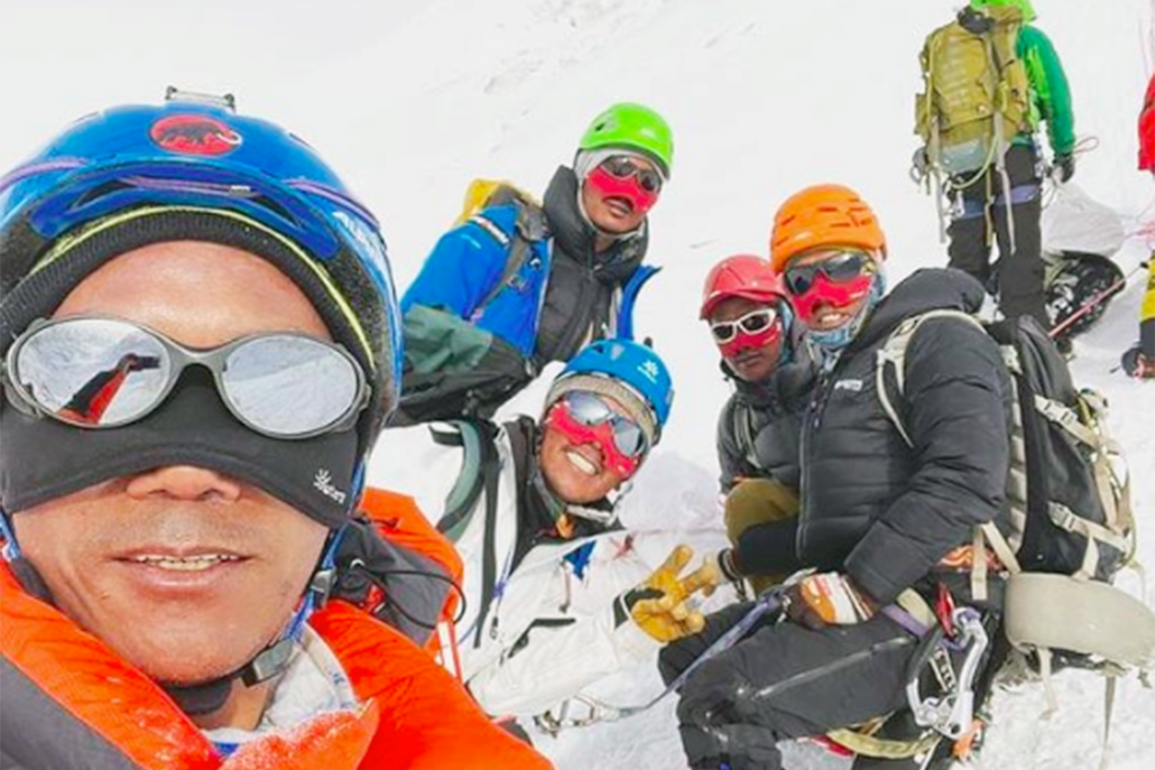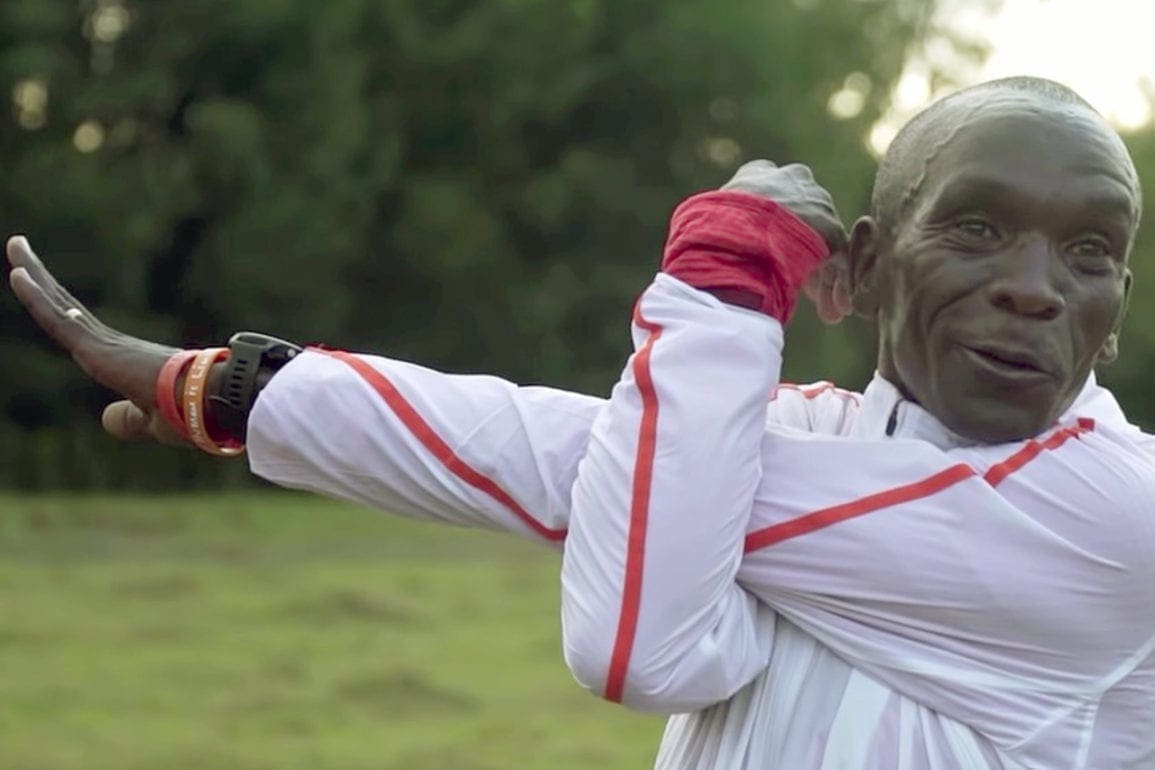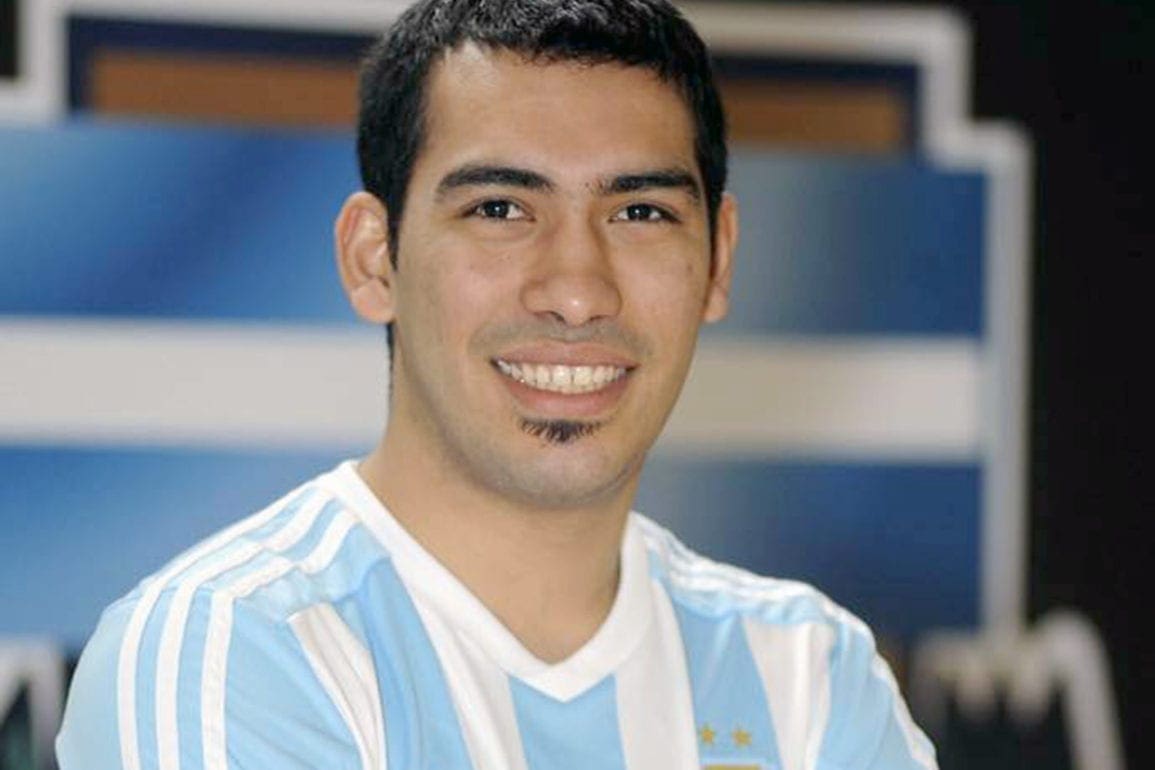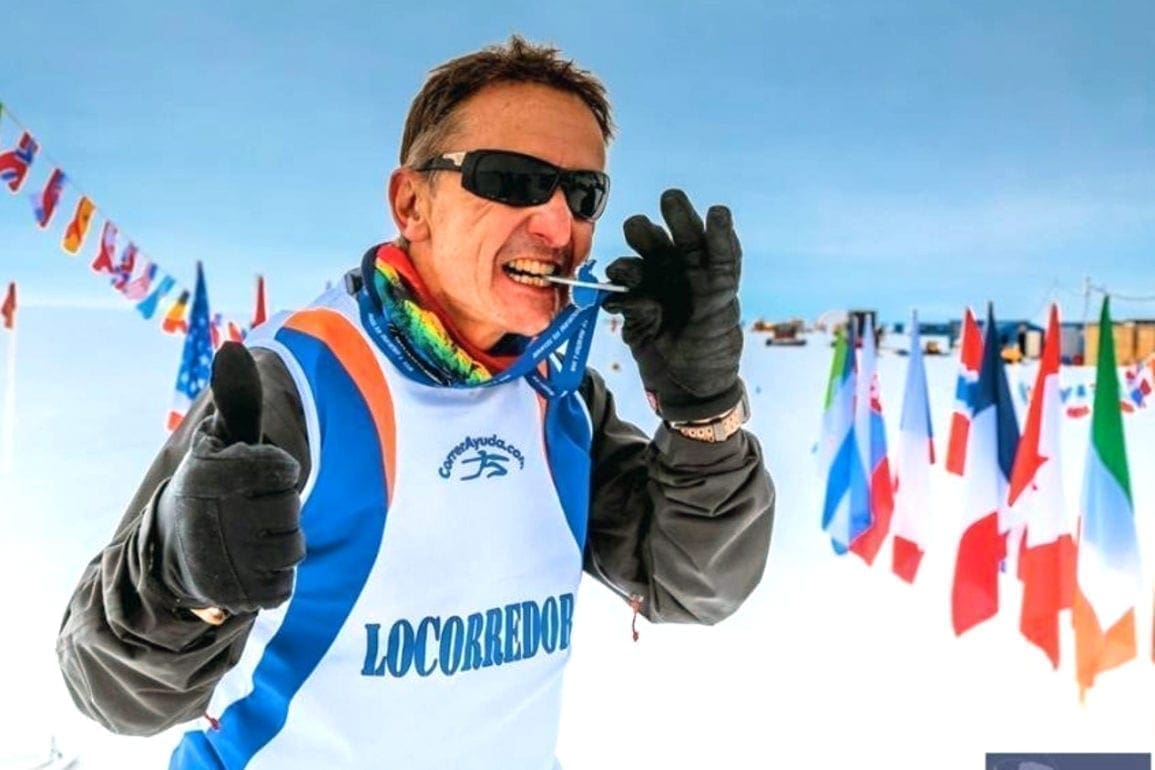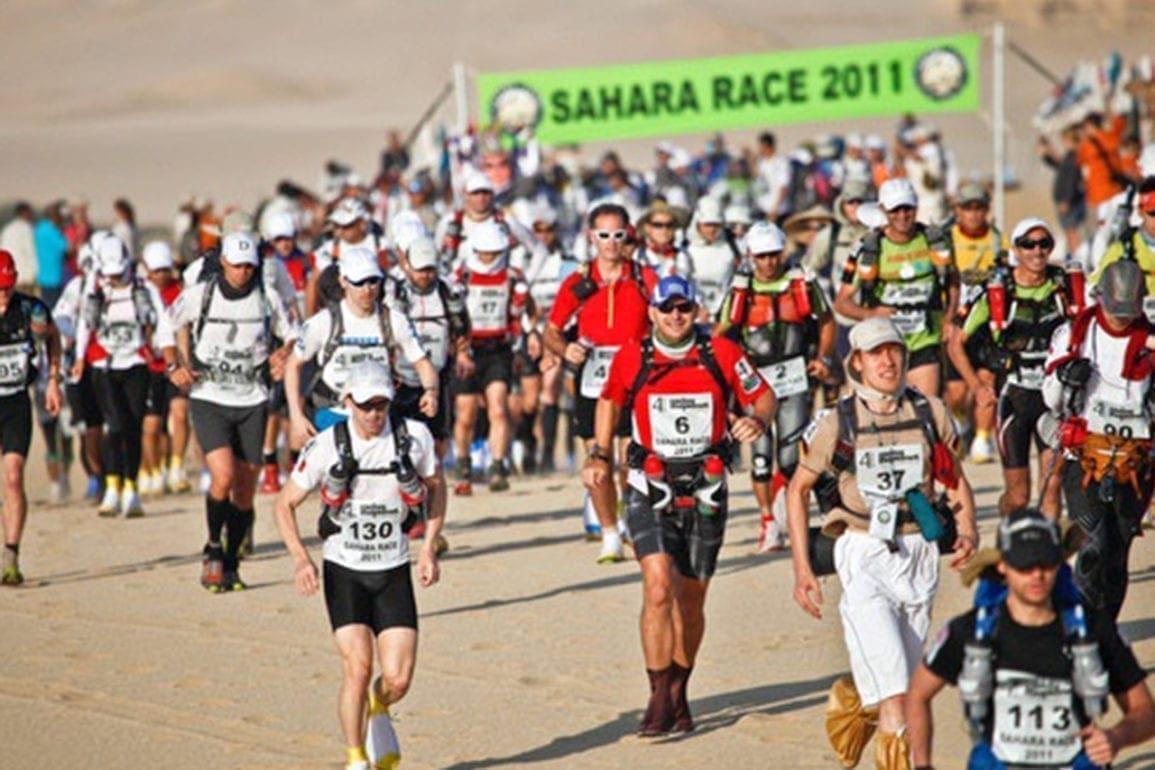Blind soccer player in Argentina takes silver in Paralympics, speaks out on disabilities
The pain and anguish of going blind consumed me. I leaned on the support of my parents, partner, and friends who never left my side. Then, right in the middle of everything, something incredible happened. In 2006, just as I lost my sight, I found out that Los Murciélagos became champions!
- 2 years ago
June 19, 2022
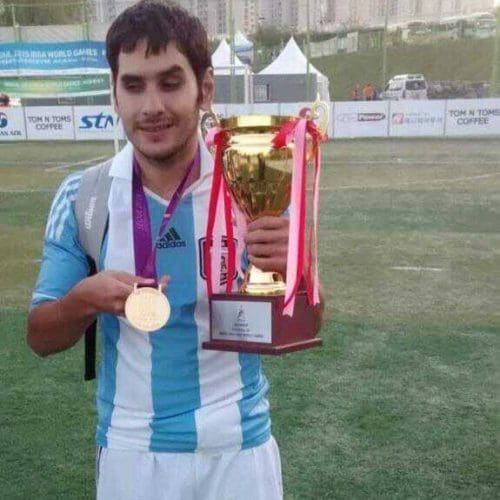
CHACO, Argentina ꟷ I never imagined getting to where I am today as a professional blind soccer player.
My premature birth caused retinopathy and a gradual decrease in my vision. Doctors said I would eventually lose my sight. At 17 years old, I went completely blind.
From as early as I can remember, I was crazy about soccer. At 34 years old, I now serve as captain of the Argentine soccer team for the blind, Los Murciélagos or The Bats. We represent a hallmark of the sport.
On a daily basis, we face discrimination. We always have, because a person with a disability does not have the same opportunities as other citizens. We see it in school, with peers, teachers, and even in our adult lives. Today, I hope projects like Los Murciélagos grow and bring more blind children out of confinement.
I want them to go out, learn to be independent, get jobs, and give them opportunities like I’ve had. I want them to have the same rights as everyone.
Navigating the development years with a disability
At four years old, my parents understood my future condition. They wanted me to learn independence, so they sent me to a school for the blind. Starting the process from an early age surrounded me with peers where we exchanged feelings and learned tools I later used.
Then, I went to an ordinary primary and secondary school. My parents wanted me to integrate in the best way with the community. I feared discrimination but my classmates and friends treated me well. On the other hand, teachers displayed all kinds of discriminatory attitudes.
Some struggled even having a disabled person in their classroom. They couldn’t handle themselves and made me feel unwanted. Their actions marked me, and anger arose inside. I just wanted to belong.
With a lot of work, I eventually stopped feeling angry and claimed my place. Those who did accept me consulted me all the time, offering tools so I could do activities, look for alternatives, and find what worked best for me. I realized they actually wanted to learn from me.
My parents remained my rock, moving heaven and earth so I would be well, have a normal life, and learn to manage myself.
Teen gradually loses sight, goes blind at 17
Nothing was easy and day-by-day I began losing my vision. In 2006, I finished my high school studies and went completely blind.
I remember how the process was progressive. Little by little, it was like the world went from clear to blurry and then vanished completely. At the same time, a sensation of light began to increase between the world and what appeared to me. It gained space, invading everything and hijacking all the images before me. Then, one day, all I saw was white light.

It became my whole world – white light and nothing more. That image is the only thing my brain projects. My life became broken and I had to start over. Up until then I never stopped playing ball, even as my sight diminished. When I couldn’t see anything at all, I stopped.
Despite the anguish of going blind, soccer player finds his inspiration
The pain and anguish of going blind consumed me. I leaned on the support of my parents, partner, and friends who never left my side.
Then, right in the middle of everything, something incredible happened. In 2006, just as I lost my sight, I found out that the Murciélagos became champions! They beat Brazil in the finals of the classic, a very competitive match against two countries with great players. The event became widely publicized.
I began dreaming of the team. Though I didn’t feel comfortable with myself, my desire to play ball made me think, “Maybe I can do this.” It was like a beautiful anecdote.
In Chaco, where I live, soccer for blind players did not exist. Then, later the next year, I received a message from a friend. “Do you want to play soccer,” he asked. “We are trying to put together a team so that we can play in the national league with Los Murcielagos. Are you coming?”
I went to try it out, and I never gave up. We began setting up the association of blind athletes and the adapted soccer team in Chaco.
Blind Argentinian teen begins grueling training, makes the national soccer team
At the field, I put on the mandatory glasses to play. They equalize the conditions of all players because some, although very reduced, do have vision.
When I started training, I loved it. I felt my dream coming true as desire filled the hearts of the entire team. The association president traveled 1,000 kilometers to Buenos Aires to look for the balls used for “futbol sala” or blind soccer. Inside they have capsules that make a rattling sound.
We summoned more boys to put together the team. Every day that we trained, we hoped to attract more children with disabilities and low economic resources. These children experience high levels of discrimination from parents and the environment. The game could bring them out of isolation.
As we played in tournaments, two things happened. The coach for the youth soccer team for the blind saw me perform and summoned me to play. Then, while on the youth team, Martín de Monte scouted me. He was the coach for the senior national team, and he invited me to join them.
I exploded with emotion and happiness. By then, at 22 years old, I was about to age out of the youth team. The only option was to move to the major leagues and my dream came true. I started training with the senior team in 2010 as the youngest player there.
Argentine soccer team for the blind takes Silver at the Tokyo Paralympic Games
With the national team, I entered a new world. Playing in the major leagues meant hard work and sacrifice. That year I began training as a high-performance athlete from Monday through Friday with fixed schedules. Back home in our provinces, we bore the responsibility of training with a coach.
The team won tournaments and medals and the sport demanded more and more of us. When the COVID-19 pandemic hit, we trained via zoom and were allowed to travel keeping us out of total confinement.
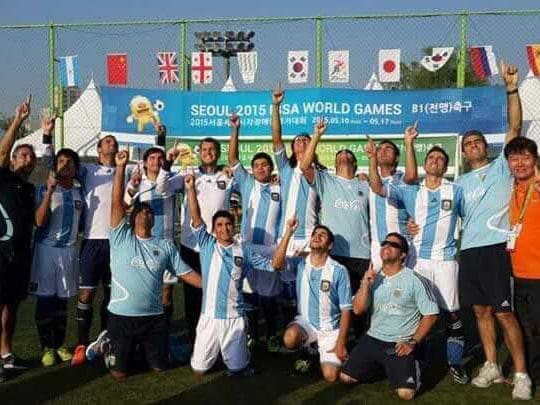
Undoubtedly, the best moment in my soccer career came last year when we won the silver medal at the Tokyo Paralympic Games. We went there looking for the gold. The team was performing at a high level, and we left everything on the field. It was a very close match. In the final we lost 1-0 against Brazil, one of the best countries in the world in this discipline.
Raimundo Mendes scored the only goal thirteen minutes into the second half. We felt anguish and anger at first, when we lost. However, our desire and enthusiasm returned on the podium as the rain fell down on us. We won the ninth medal in the history of the Argentinian delegation.
The intricacies of playing blind soccer
Our field measures 20 by 40. The first third belongs to the goalkeeper. He manages this defense sector. The goalkeeper is not blind. He yells to us, “Left! Right! Here they come! It’s ours!”
The center third, known as midfield, is managed by the coach who also is not blind. He gives us instructions and verbal orders from outside the field. During play, the coach is the only person allowed to speak to us. Everyone else must keep silent because too much shouting makes a mess for us. We must be able to listen and play.
In the last third of the field, the striker guides from behind the goal and tells you how to kick the ball, where you are, and how far you are from the goal. The striker expresses whether or not you have someone close to you or nearing you. He marks your free kicks or penalties.
As players, we have to say the words “I go” as reference to your movement with the ball or another play. This allows the player who has the ball to know someone is coming to take it from him and prevents us from colliding. We talk to each other and shout in the same way that happens in conventional soccer, but blind soccer can contain a lot of friction, pressure, and contact.
As blind soccer players we must learn to recognize where we are and take hits from objects. We start by learning to handle and drive the ball without letting it slip away. Control and communication become essential; we sharpen our ears and listen to instructions.
Eventually we work on passing, receiving, and shooting the goal. It takes a lot of physical work, especially because often the posture of a blind person is very different. We learn to describe images and develop a communication code for quick understanding.
Off the field players experience inaccessibility, but on the field, they feel the love
We are one of the best blind soccer teams in the world. Spectators get hooked when they watch us. What we do is contagious and in soccer we find a great reception from people, unlike other circumstances in our lives.
For people with disabilities, we often have difficulty getting jobs and face rejection in favor of people who do not have disabilities. It feels as though employers think we cannot do the job. This is simply lack of education about our potential.
Further challenges we face include infrastructure. The places we live are not prepared for people like us. In my country, there is no adaption to public places for a blind person. Some cities have begun to work on accessibility, but we can rarely be alone. It inhibits our independence. For example, if a traffic light has no sound, I need someone to help me cross. Broken sidewalks become danger zones where I have fallen many times. The city feels hostile.
Ideally, a city would offer “podo tactile” or a tactile path, where we place our cane in a straight grove so we can move about. When I traveled to Europe and Asia, I found places where practically the entire city offered tactile paths, even in and out train stations and subways.
A final message of hope
The communication and community of The Bats is a language of love. Those who offer us support, respect, and empathy see themselves in us. When we play, we feel proud to contribute to integration and non-discrimination for people with disabilities.
Nothing is easy but I have gone far through the pillars of responsibility, respect, humility, and sacrifice. The rewards are worth the cost. Above all, humor is key. We all want to win but he who maintains humor has fun even when he loses.
Playing blind soccer helps me convey a message to others to go and chase their dreams.
